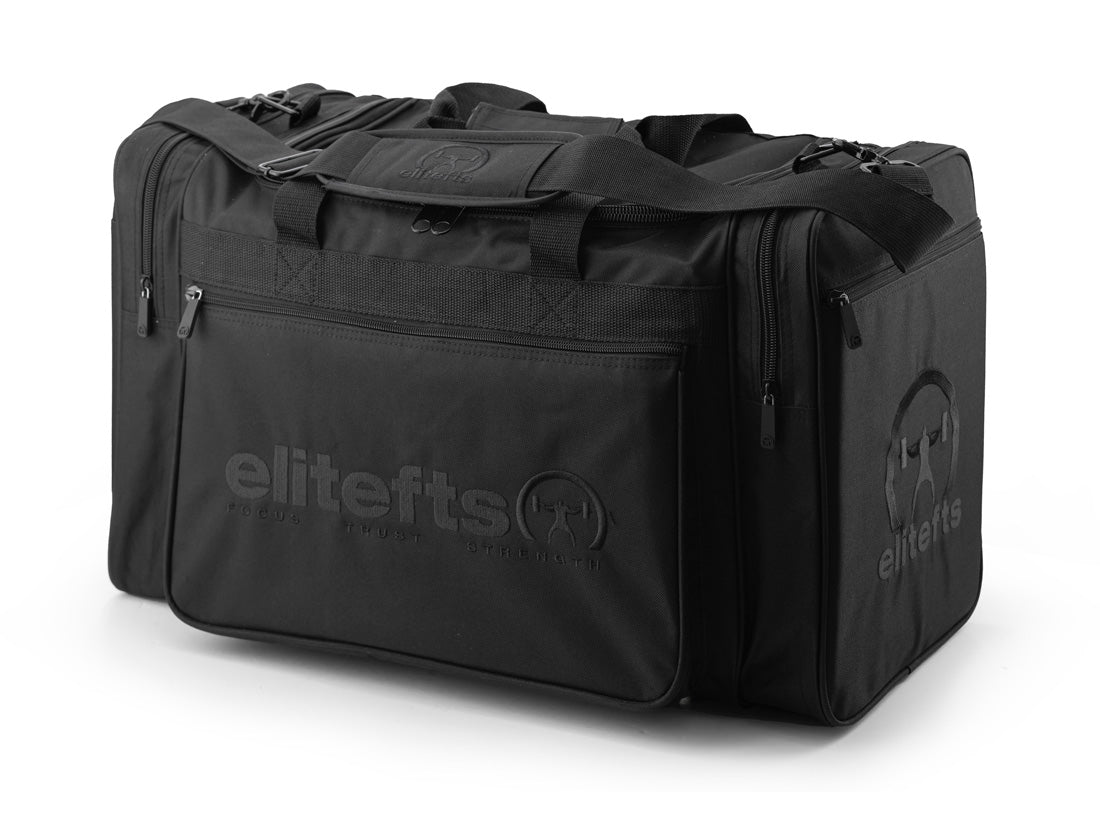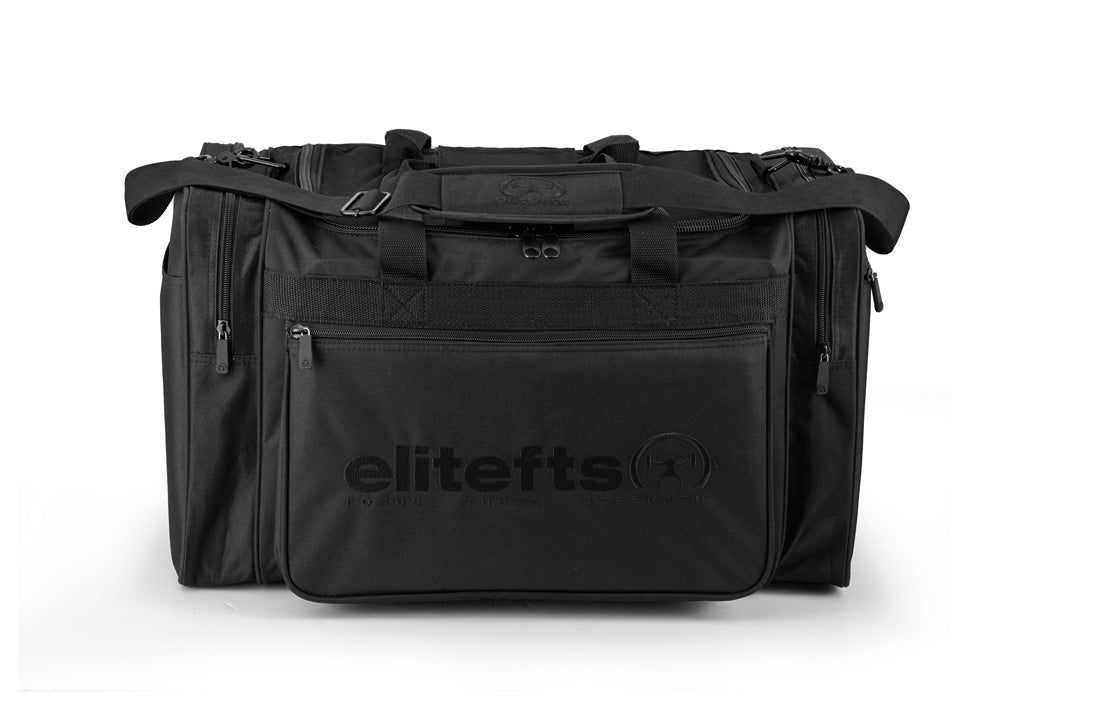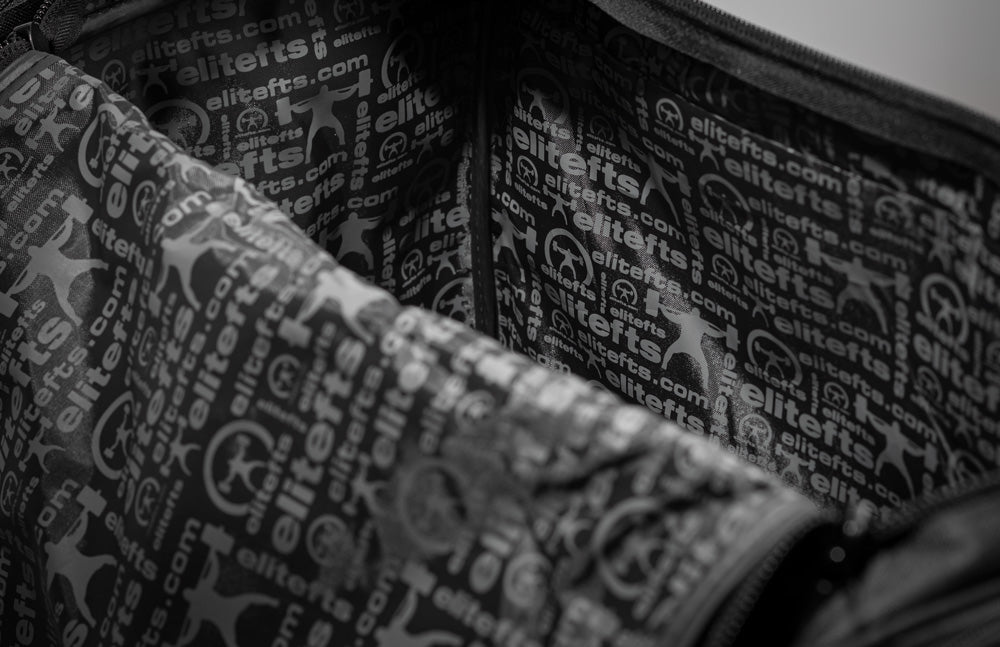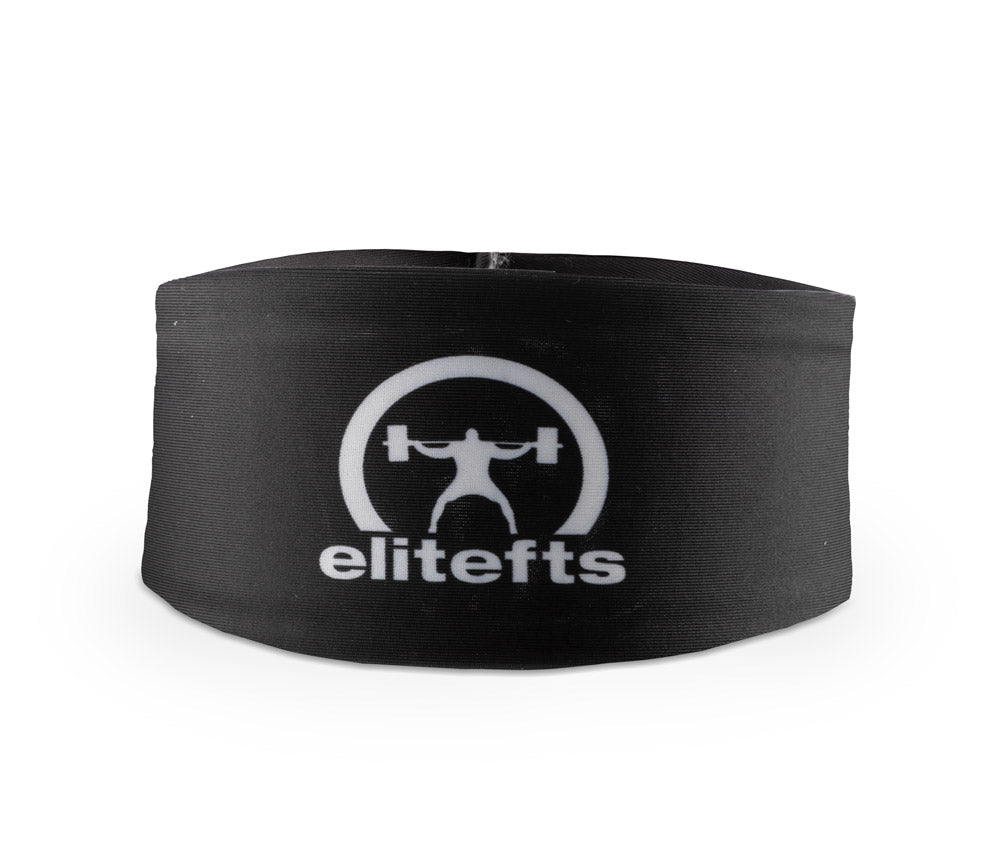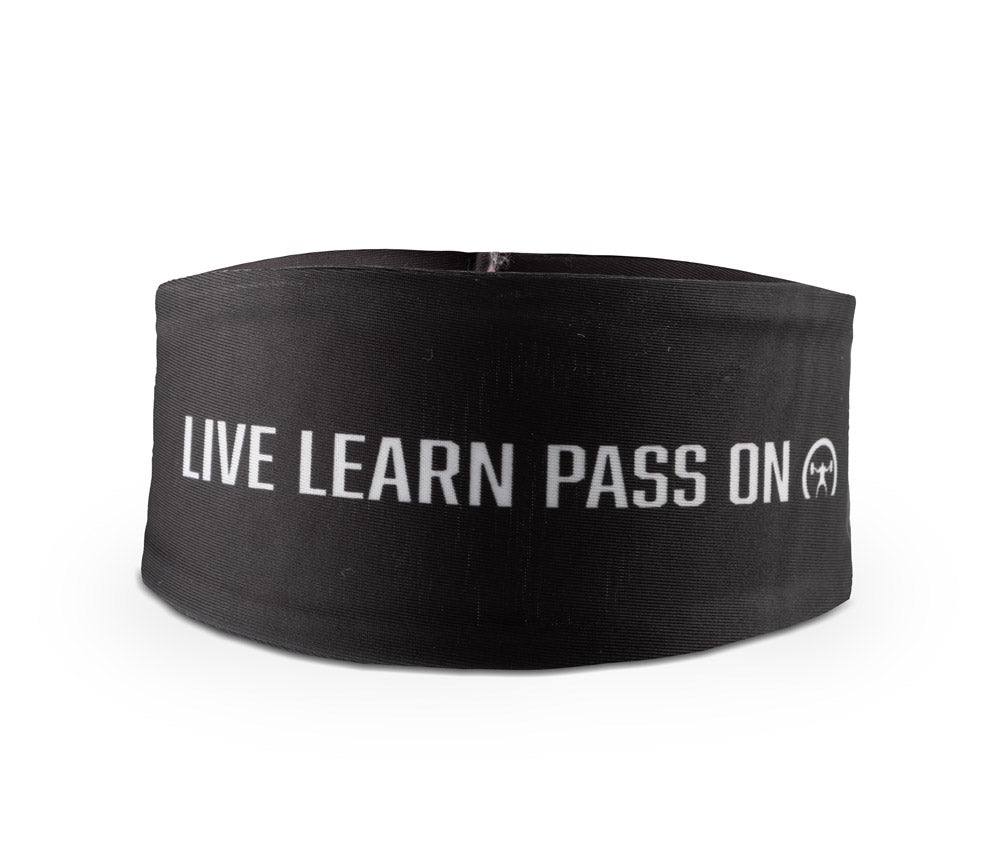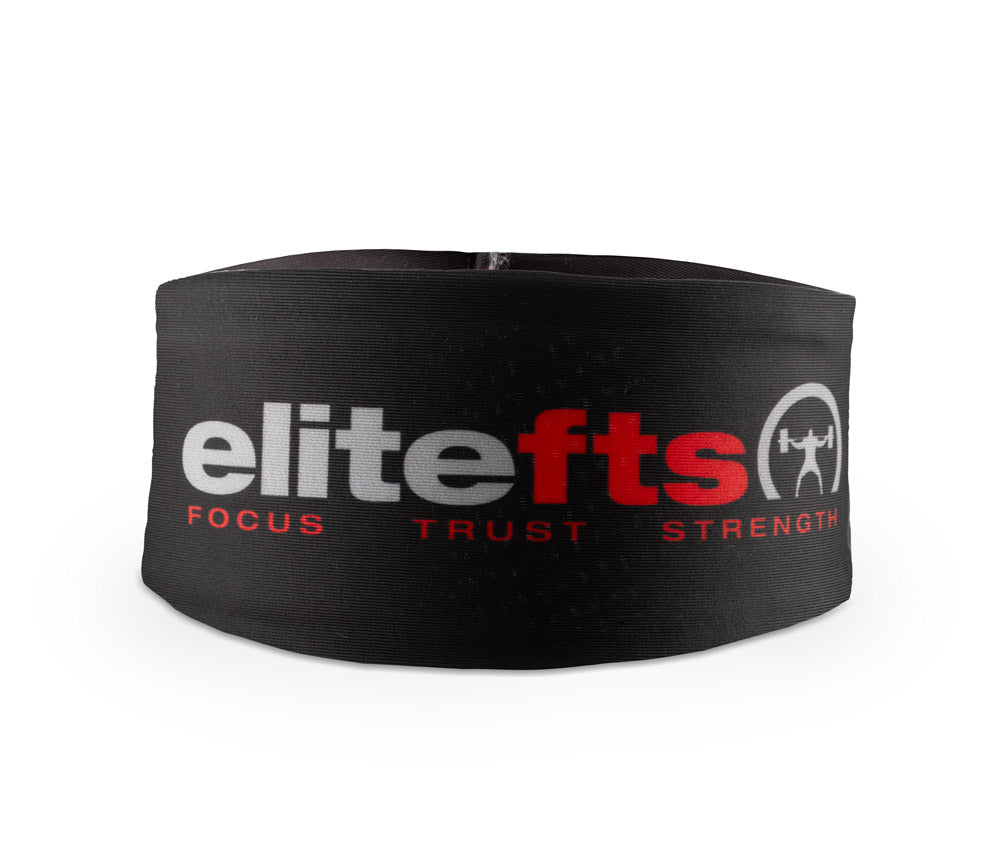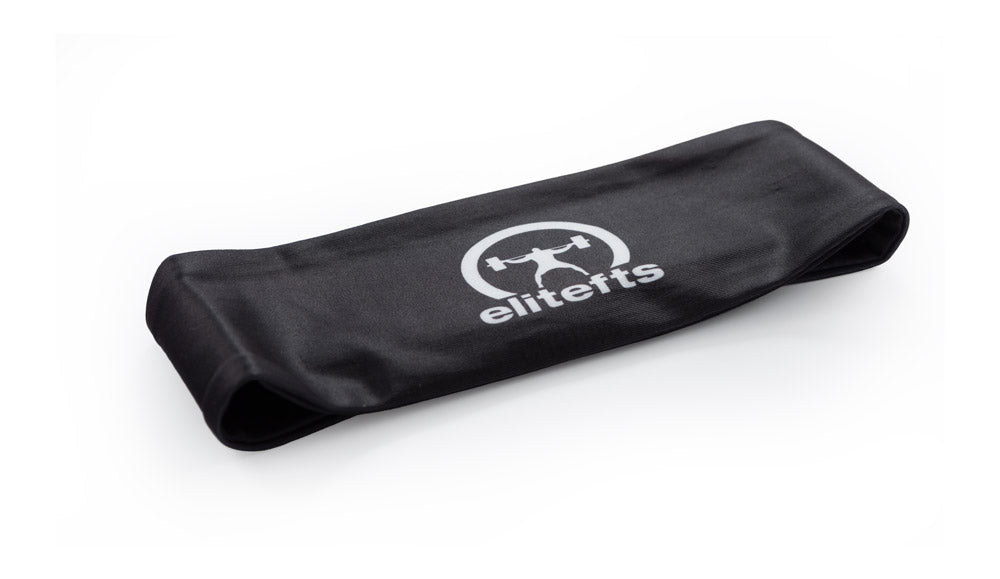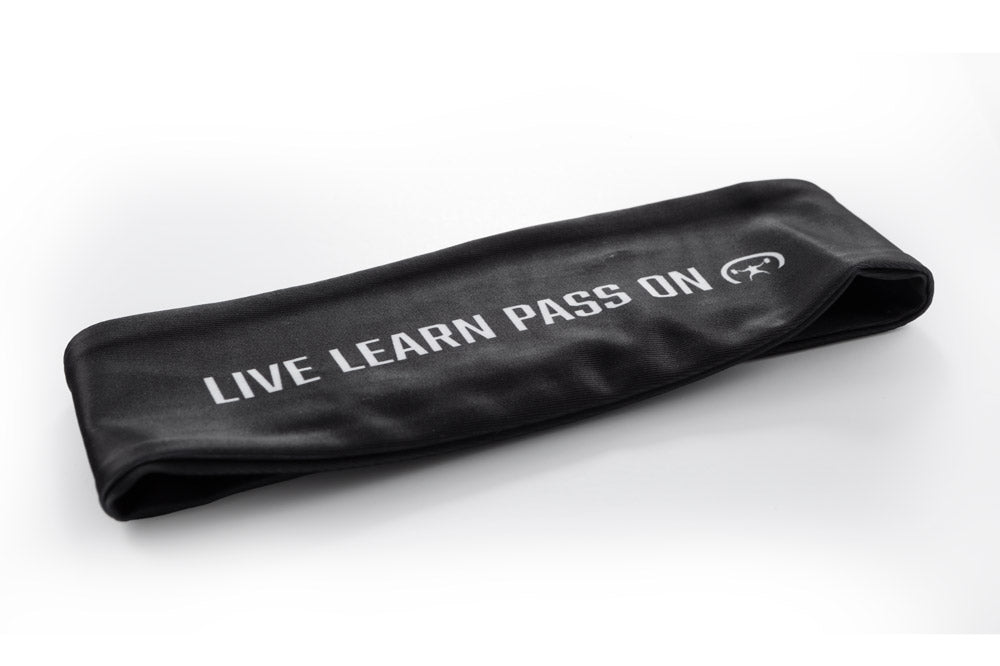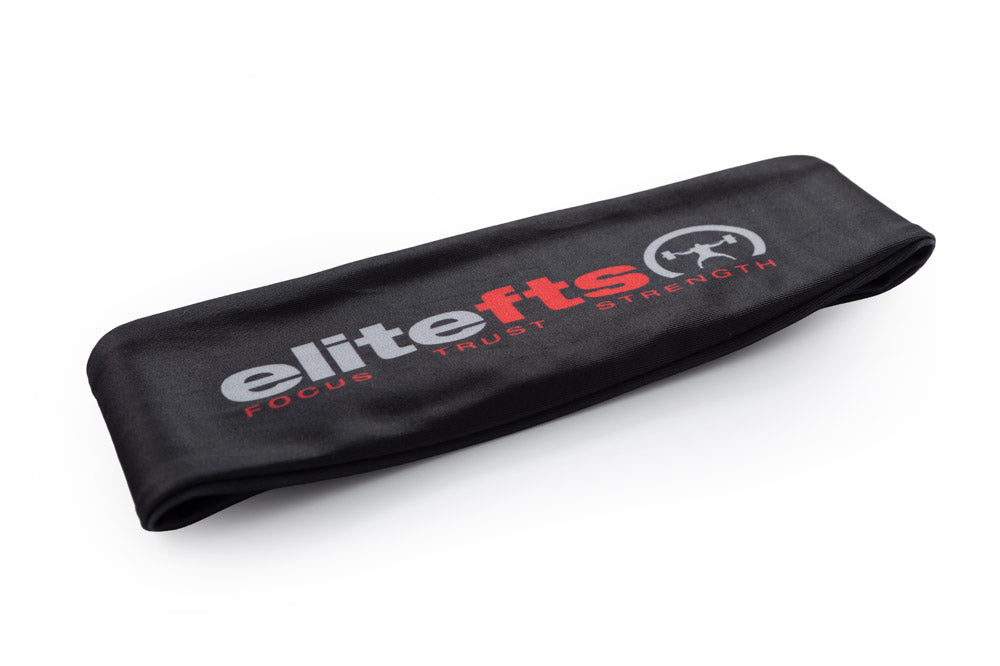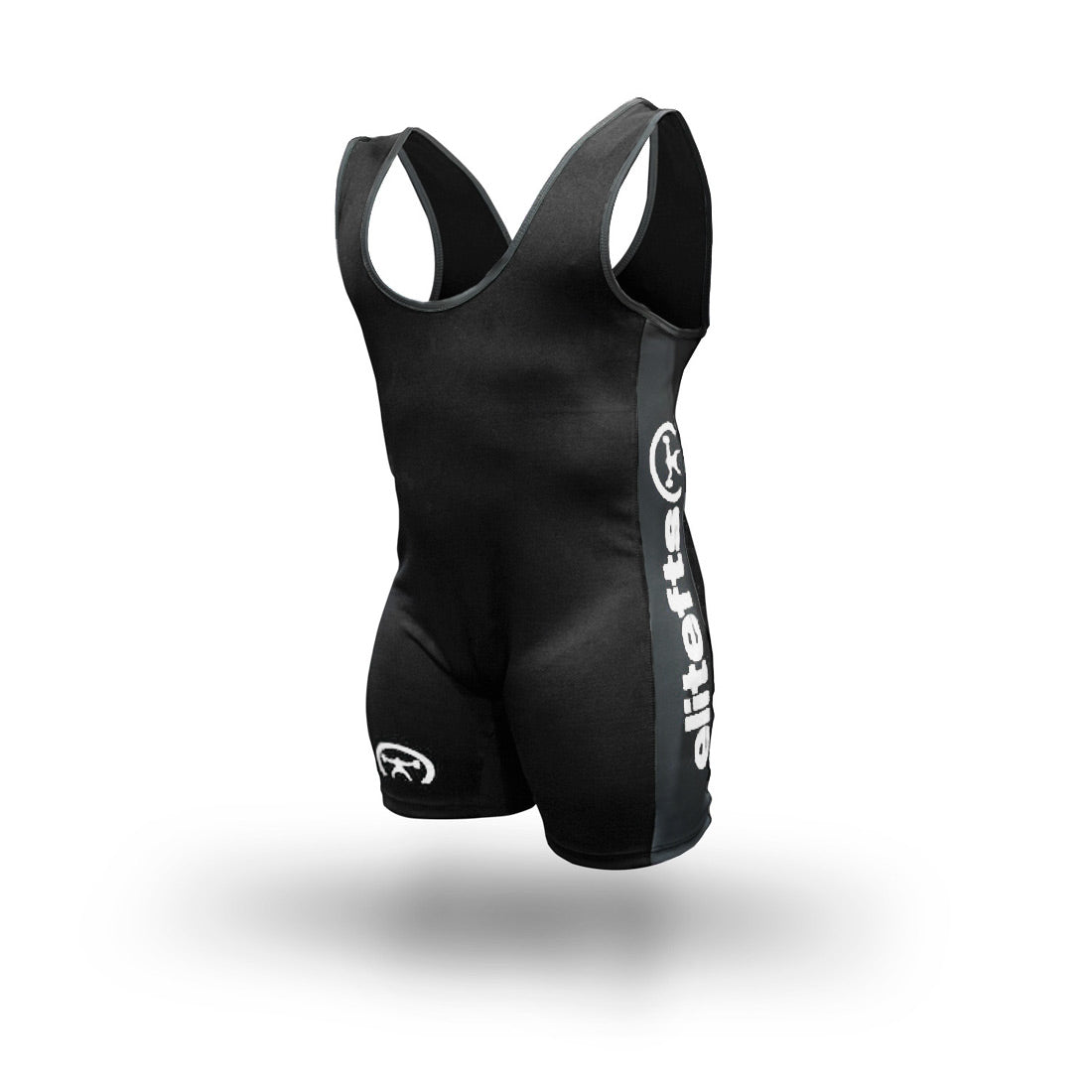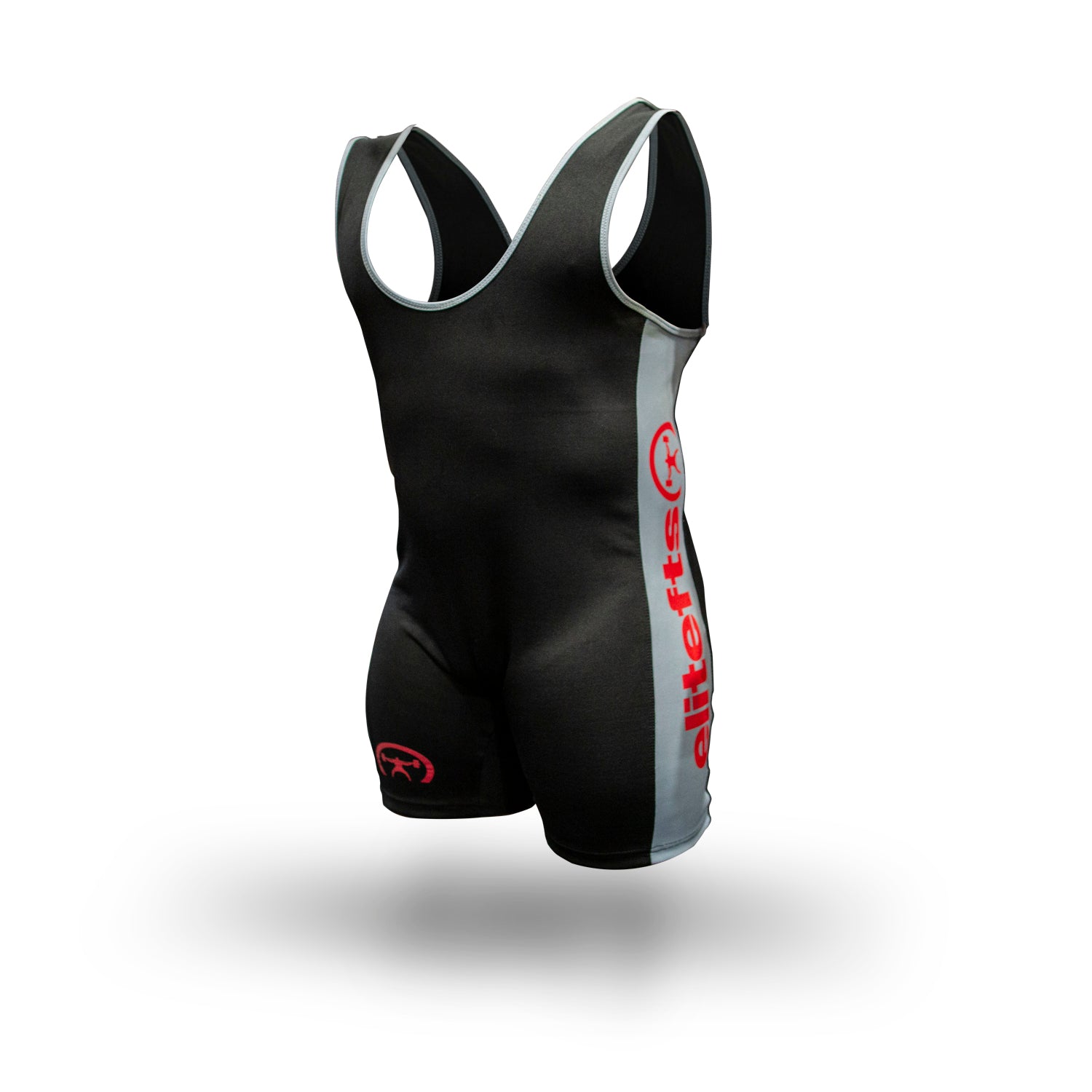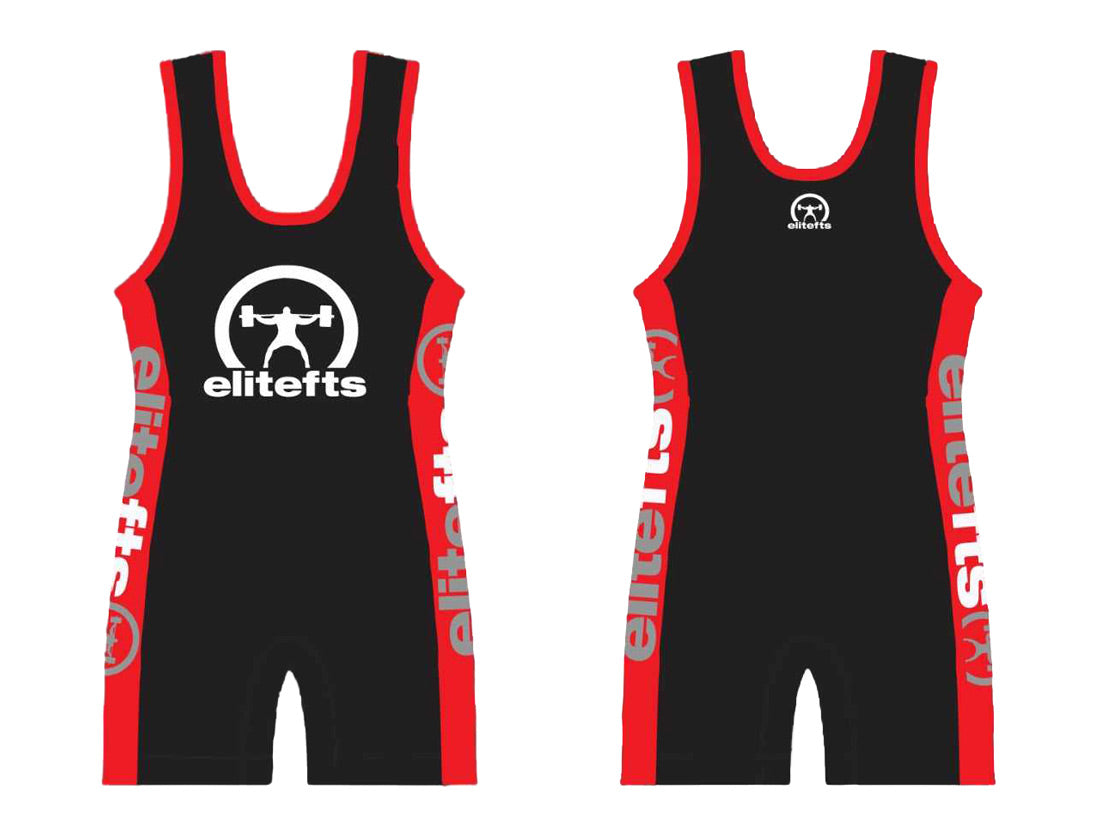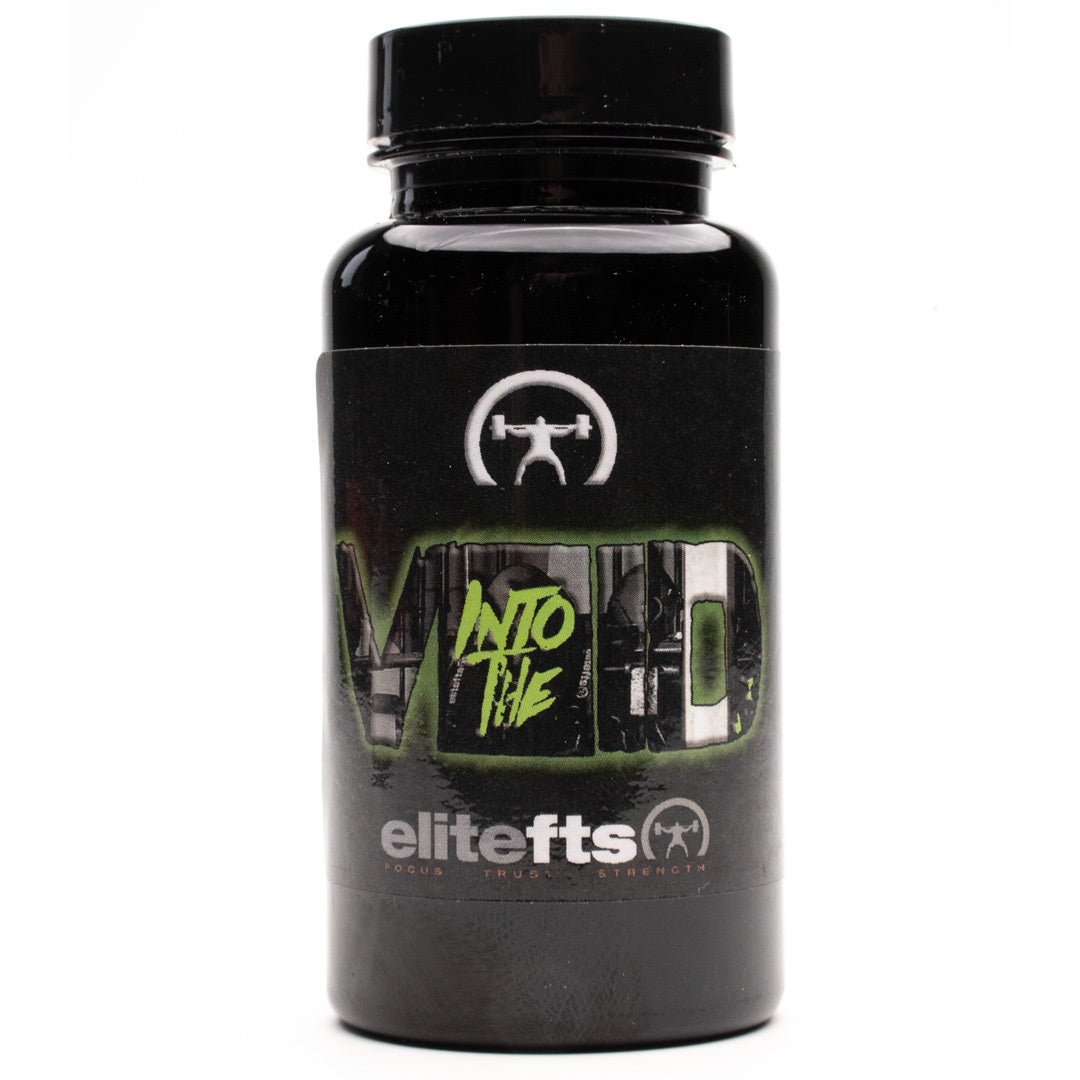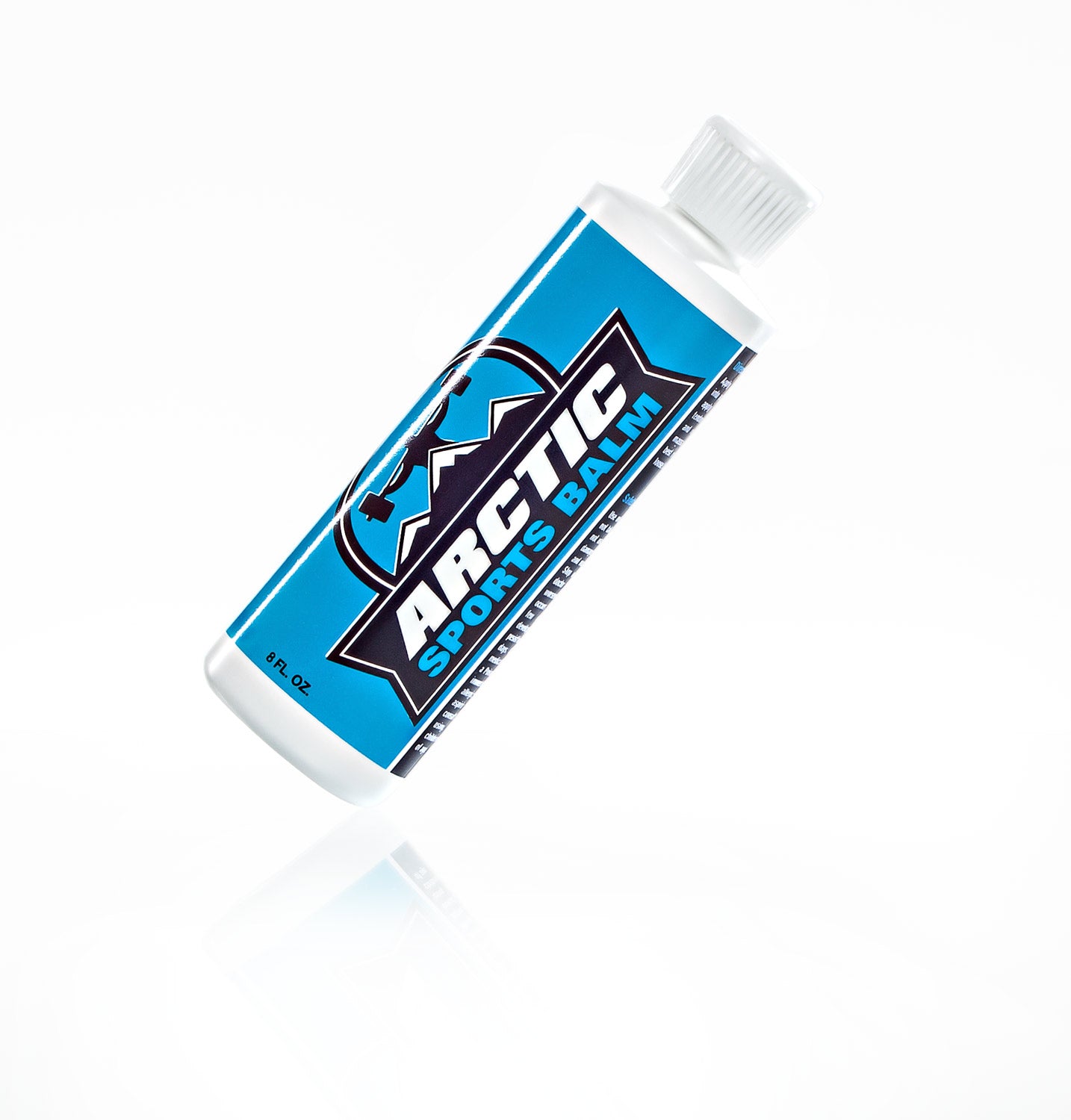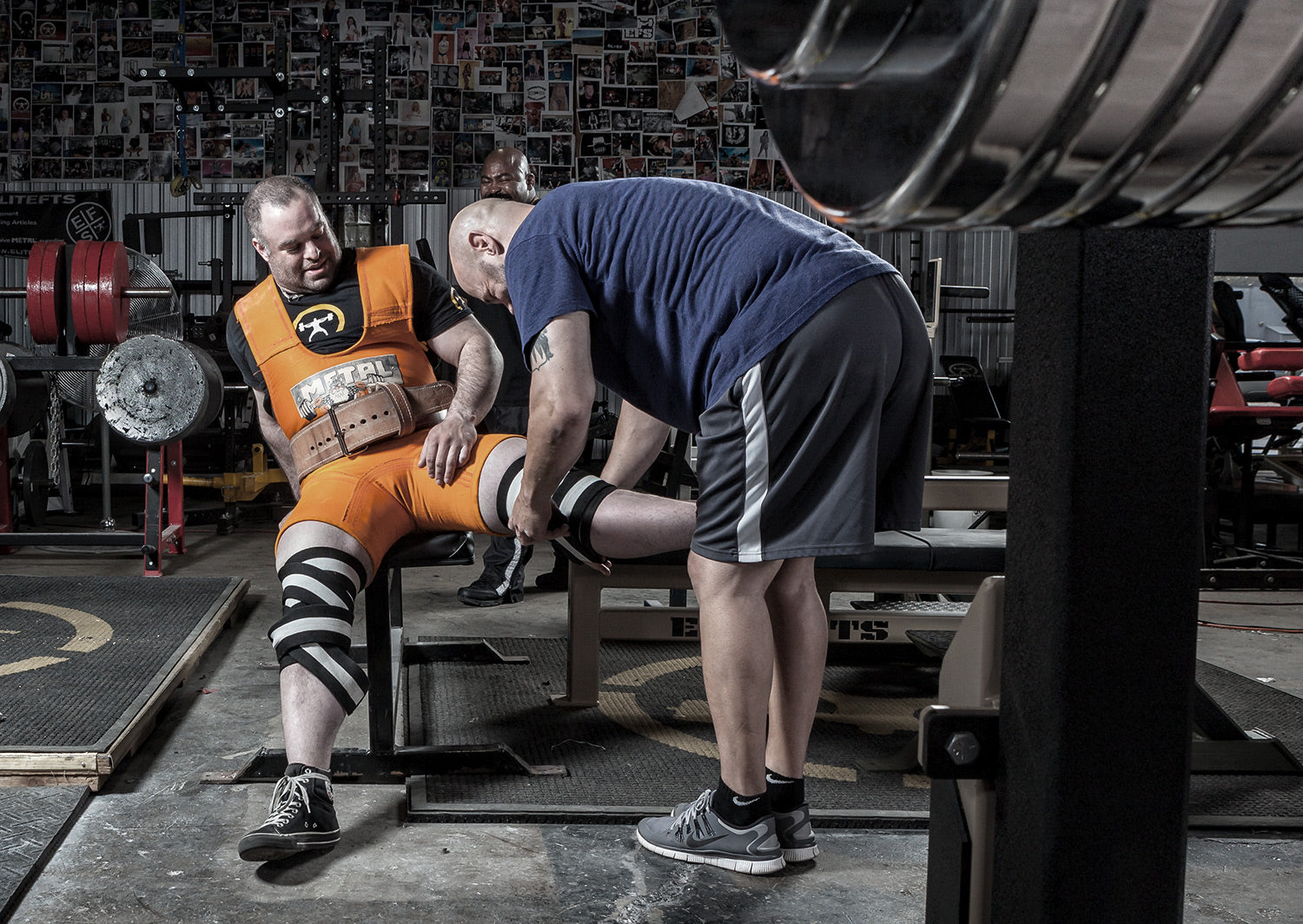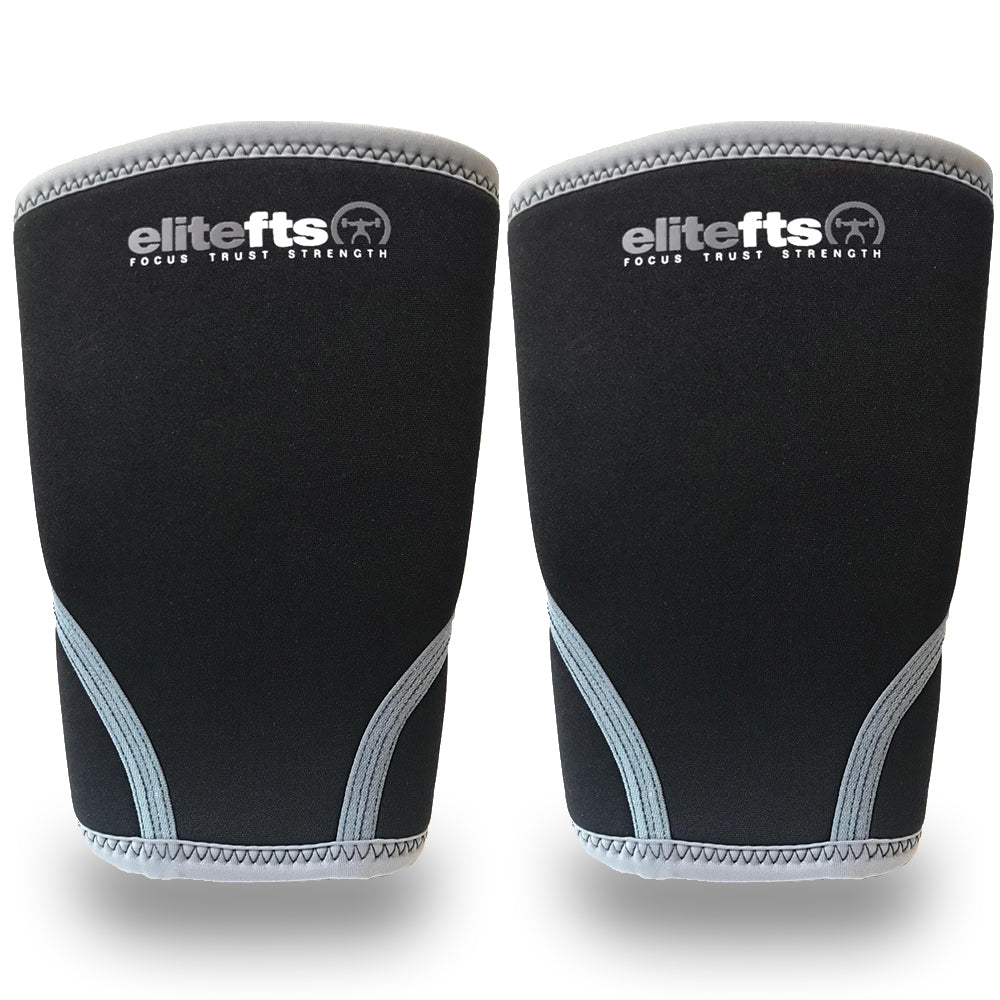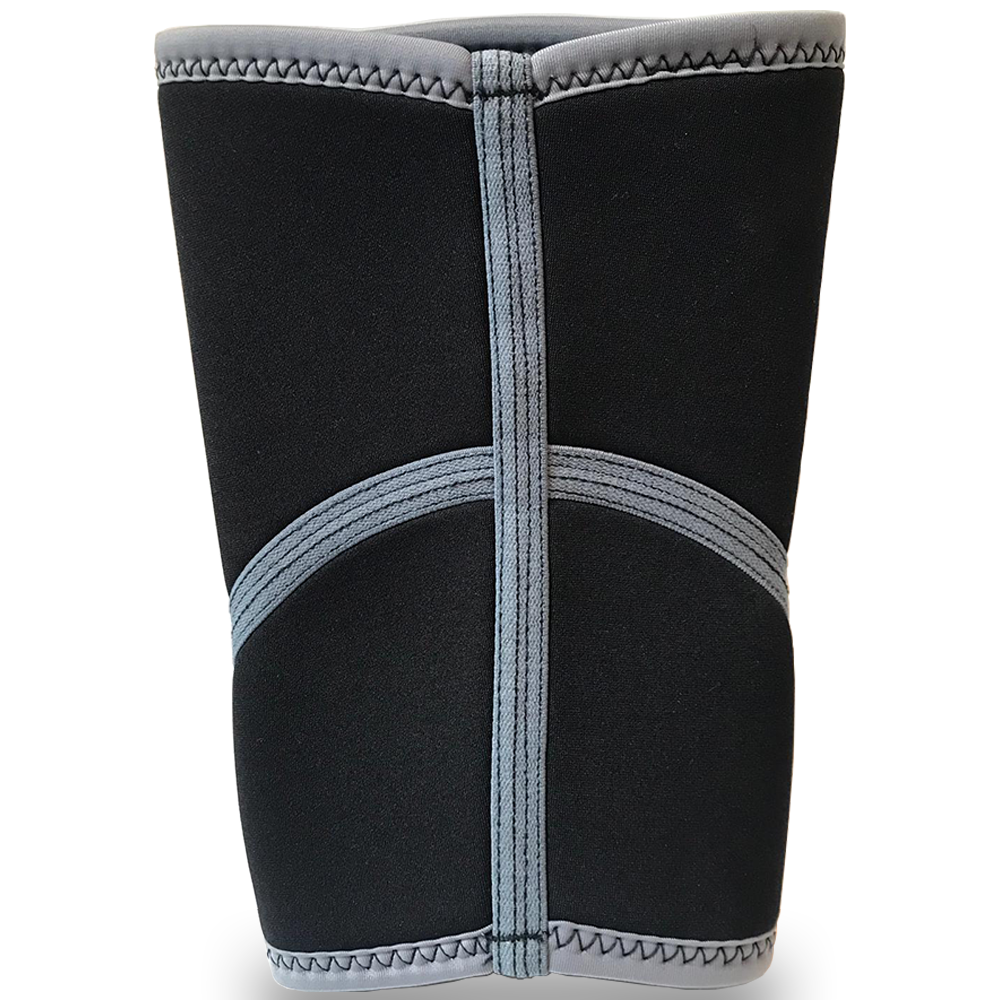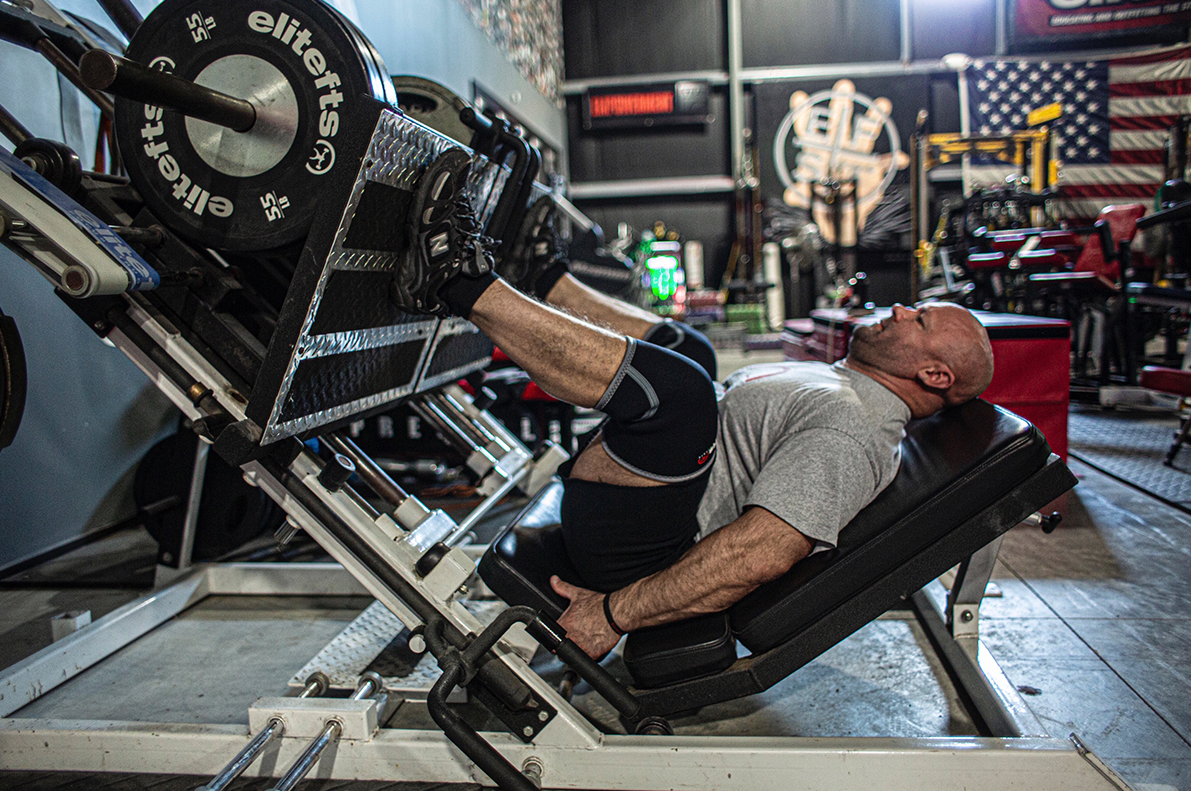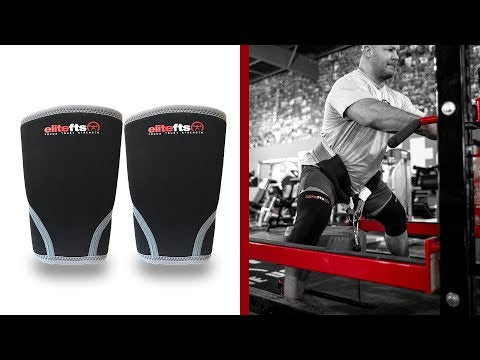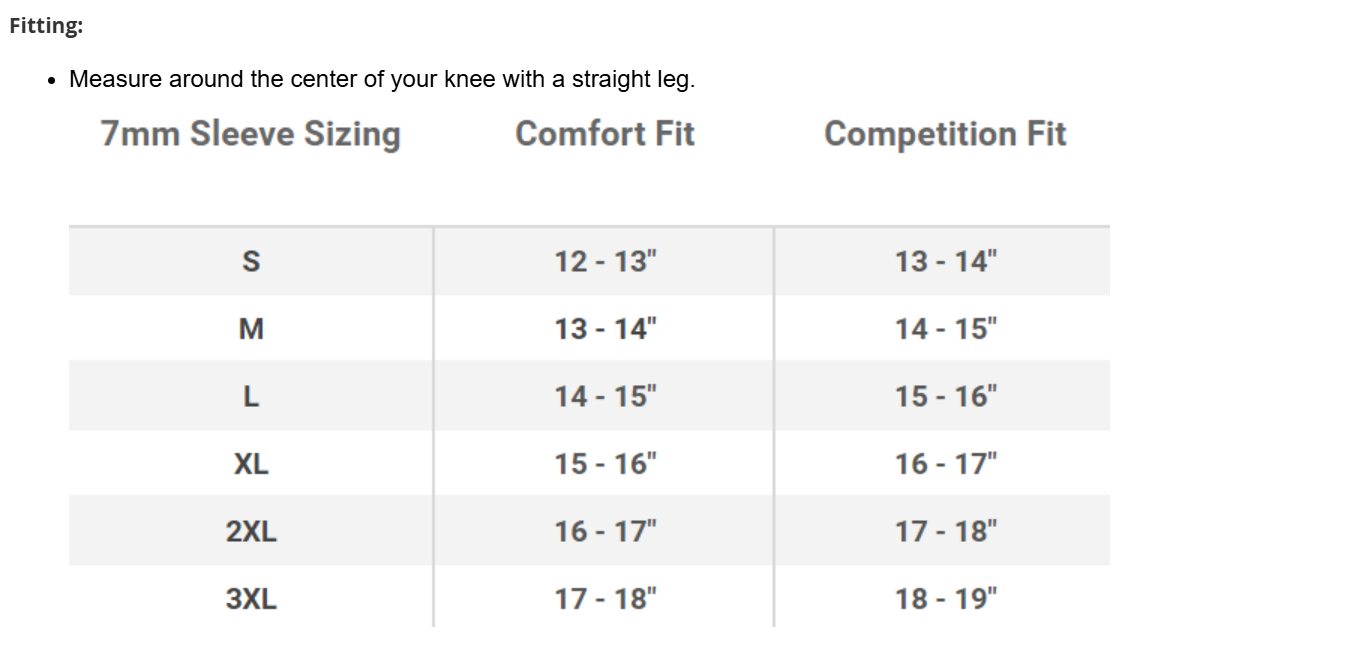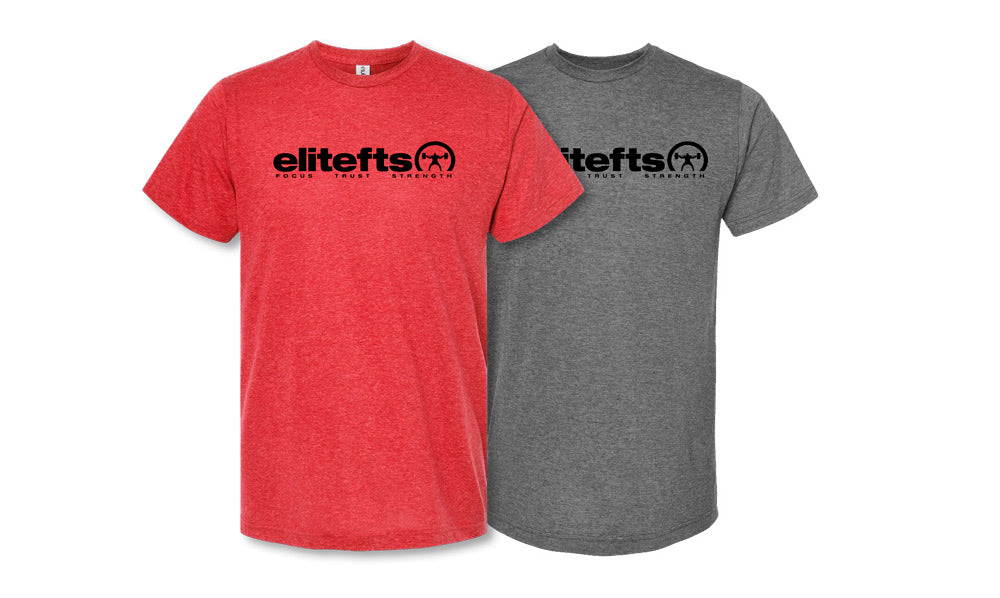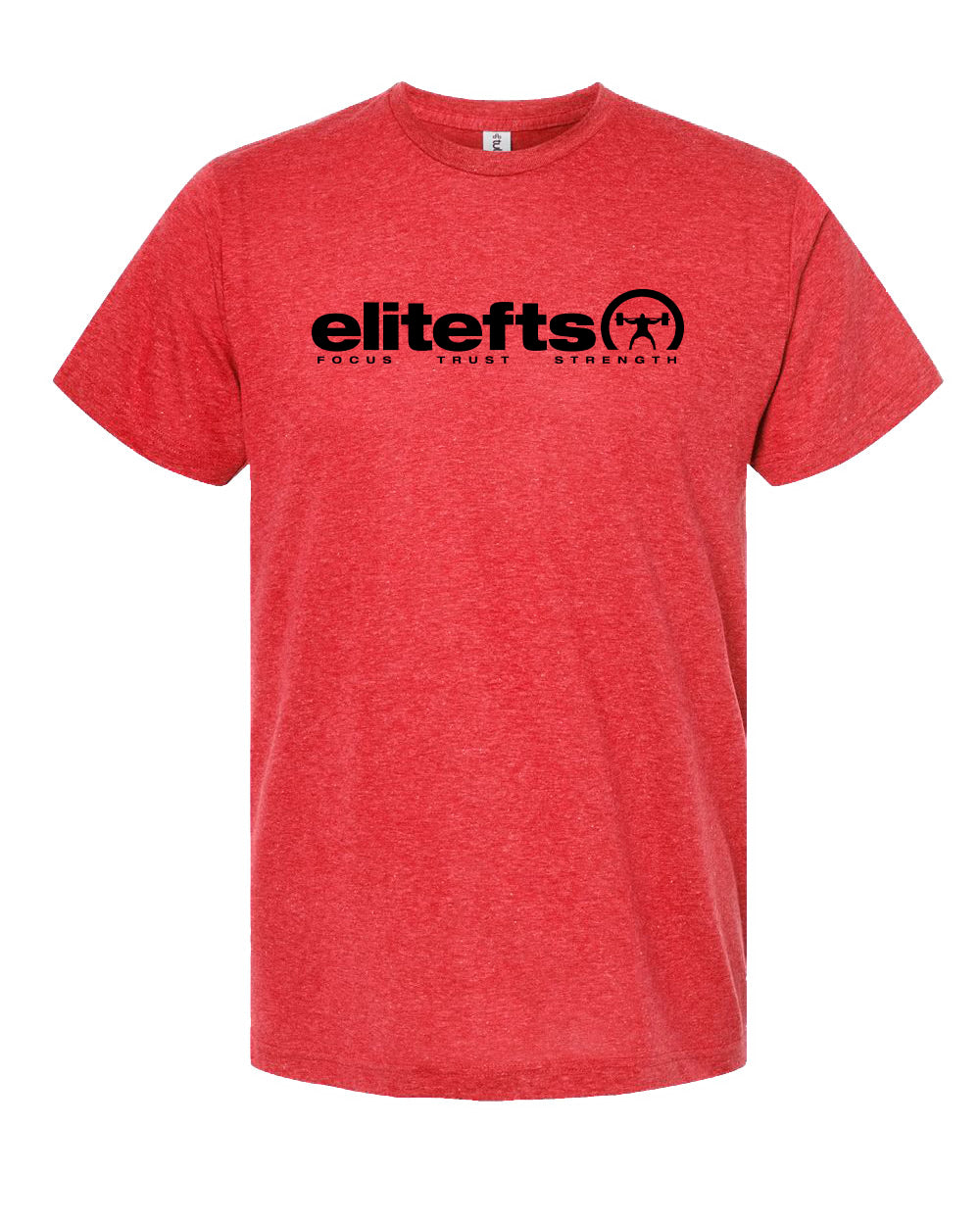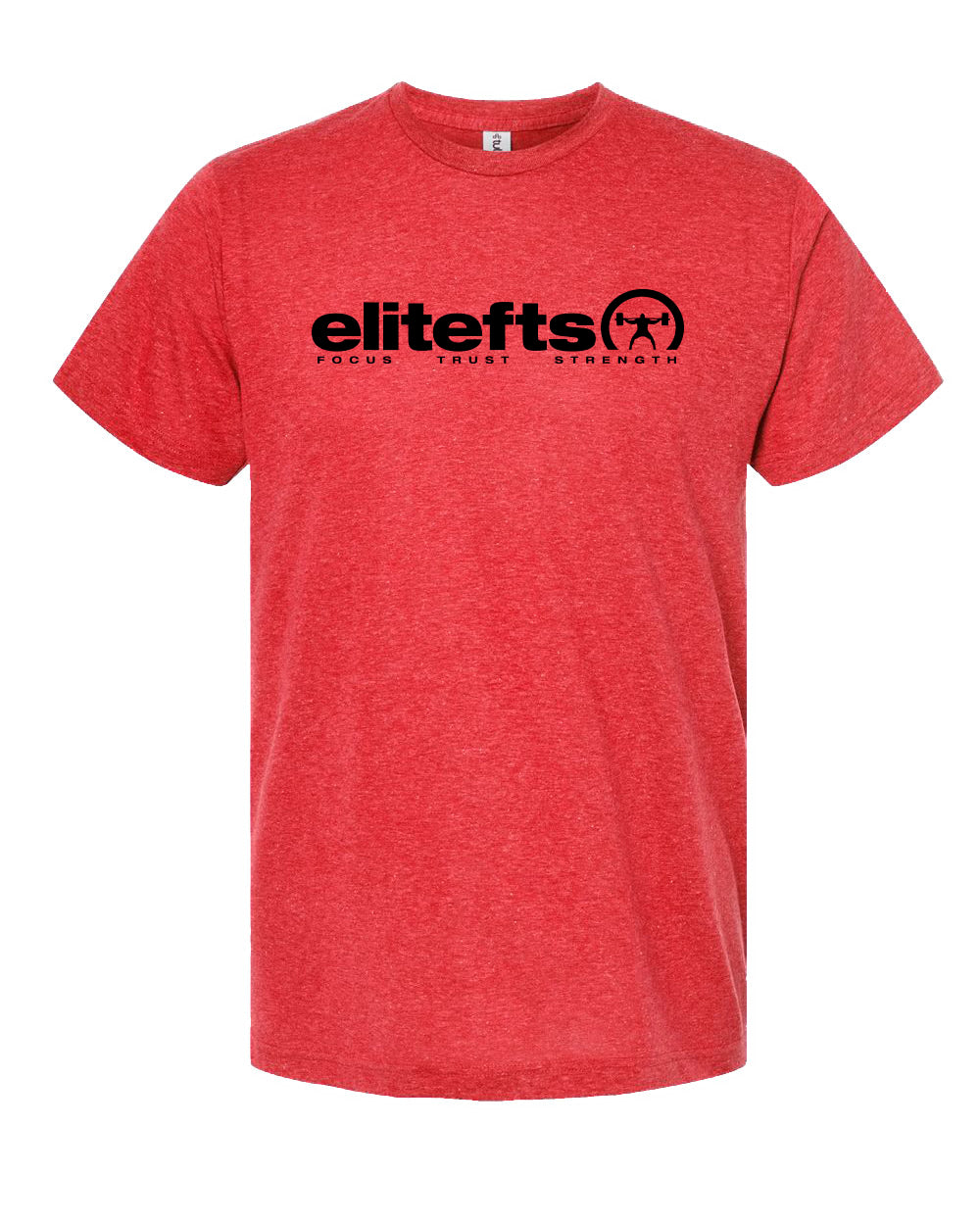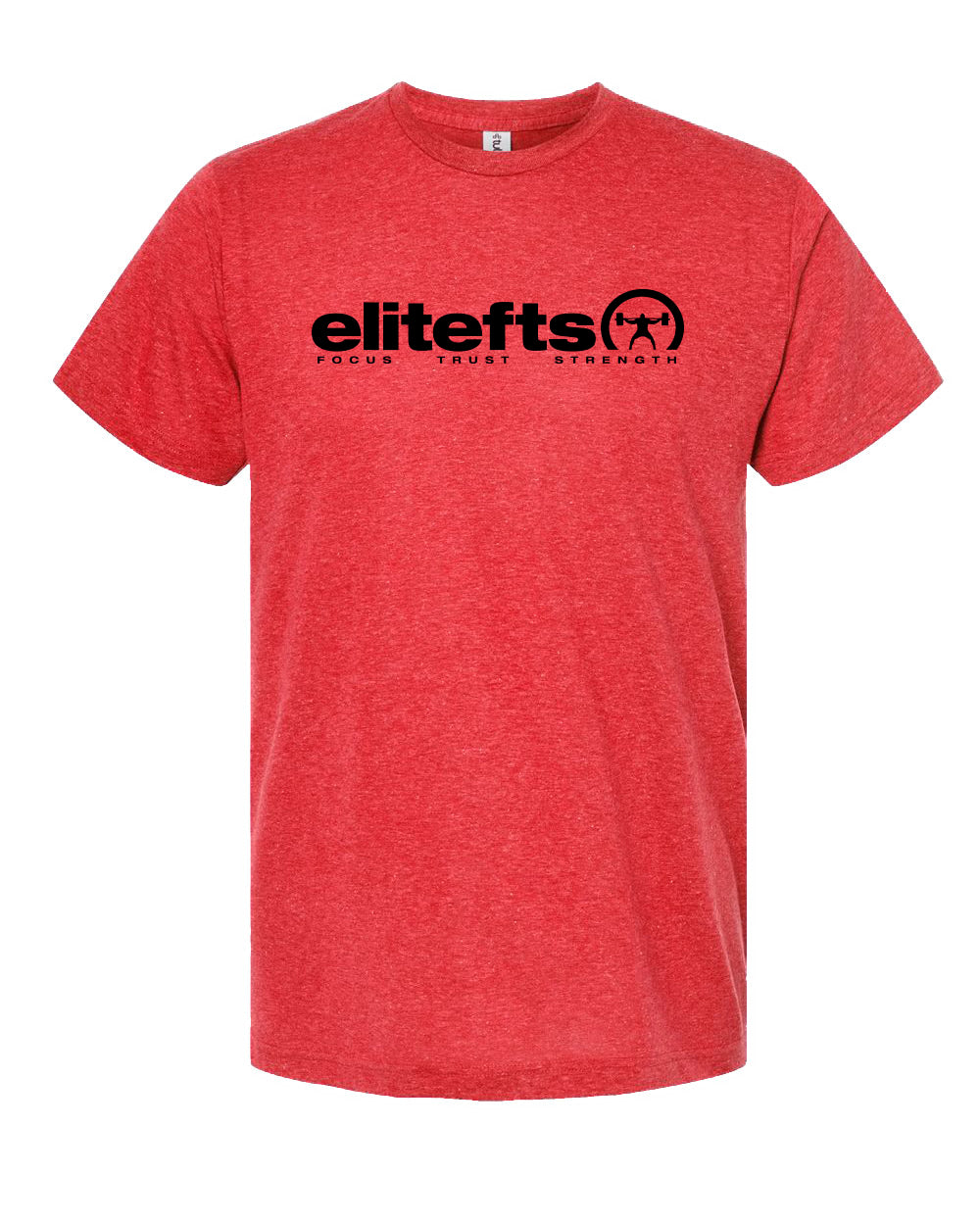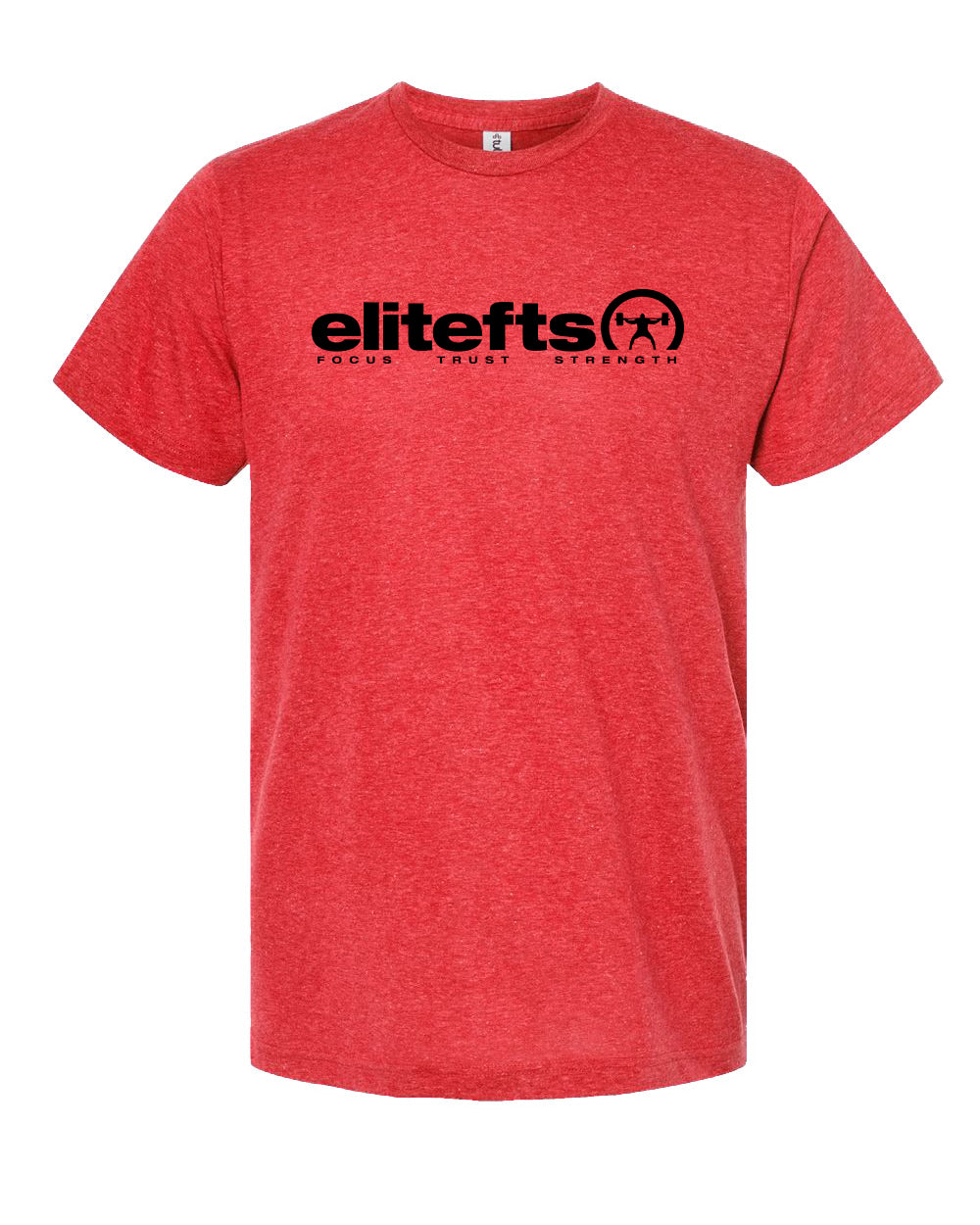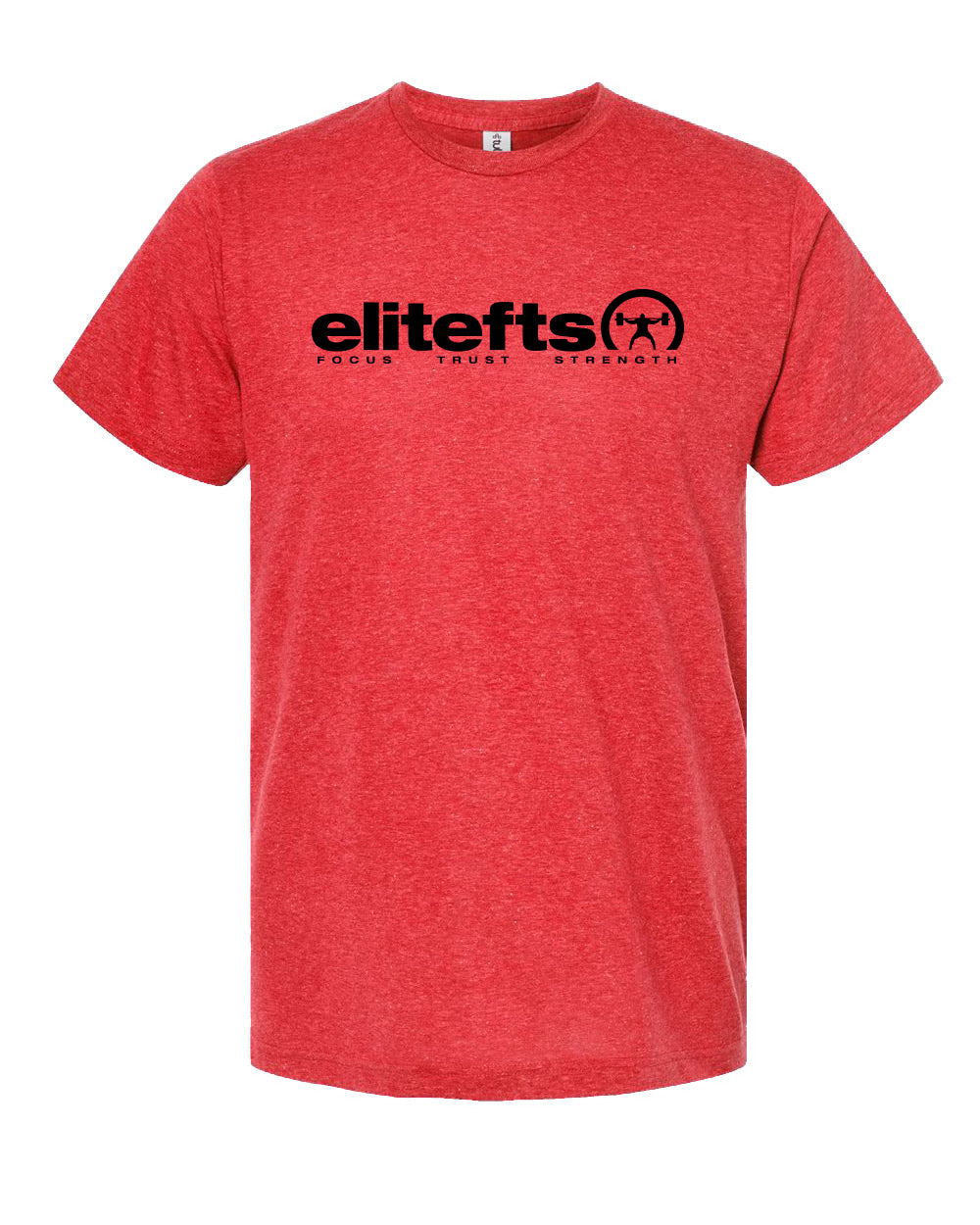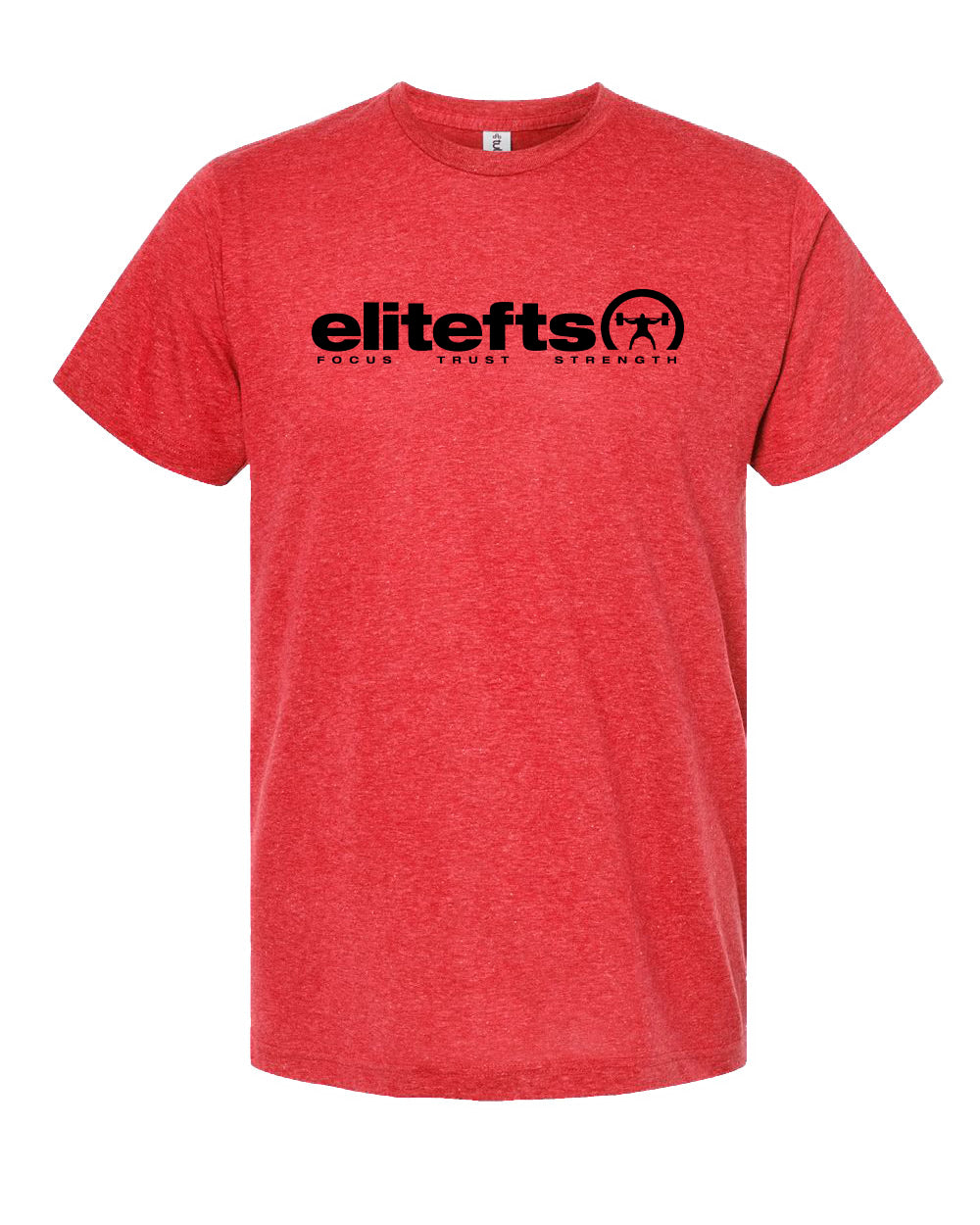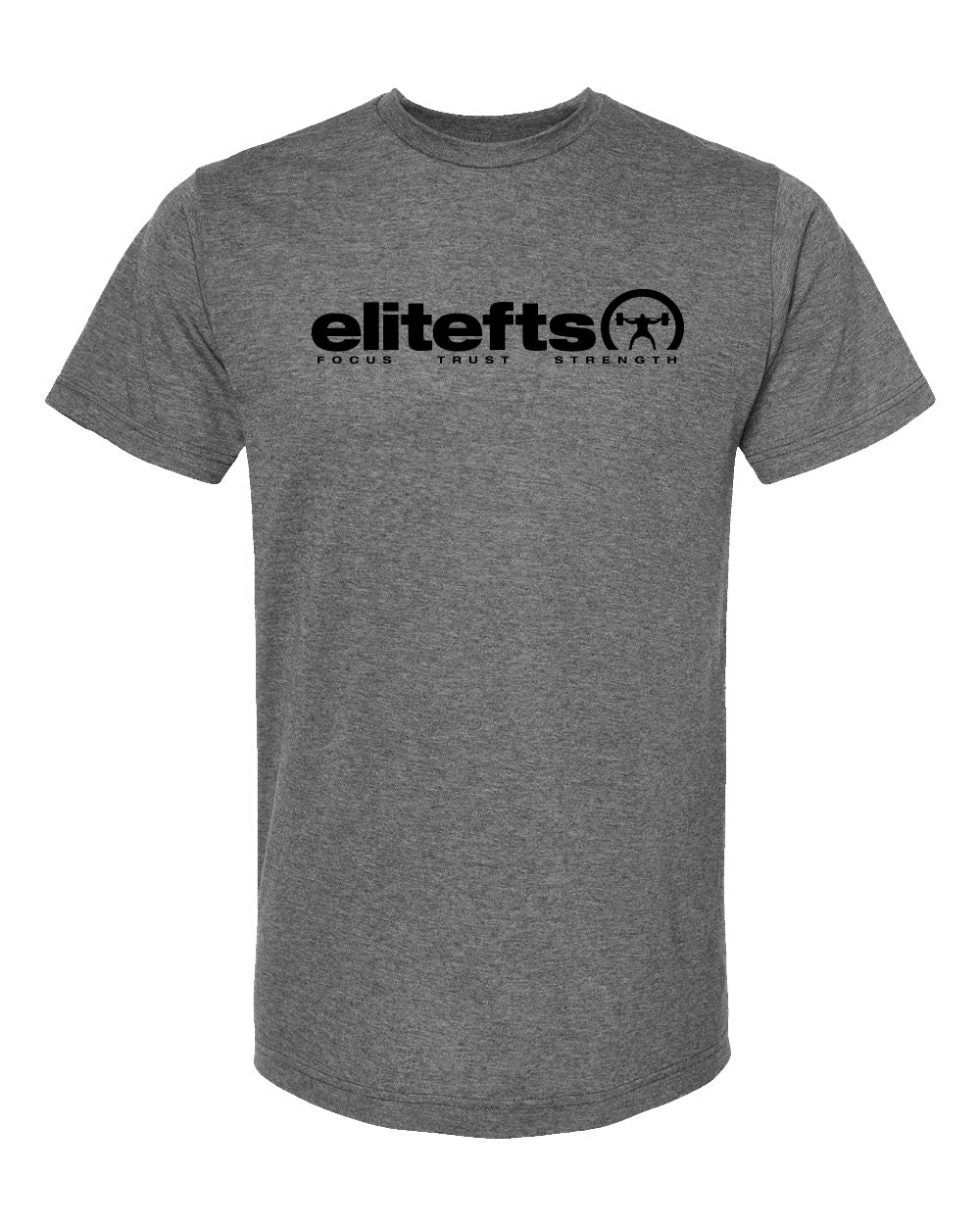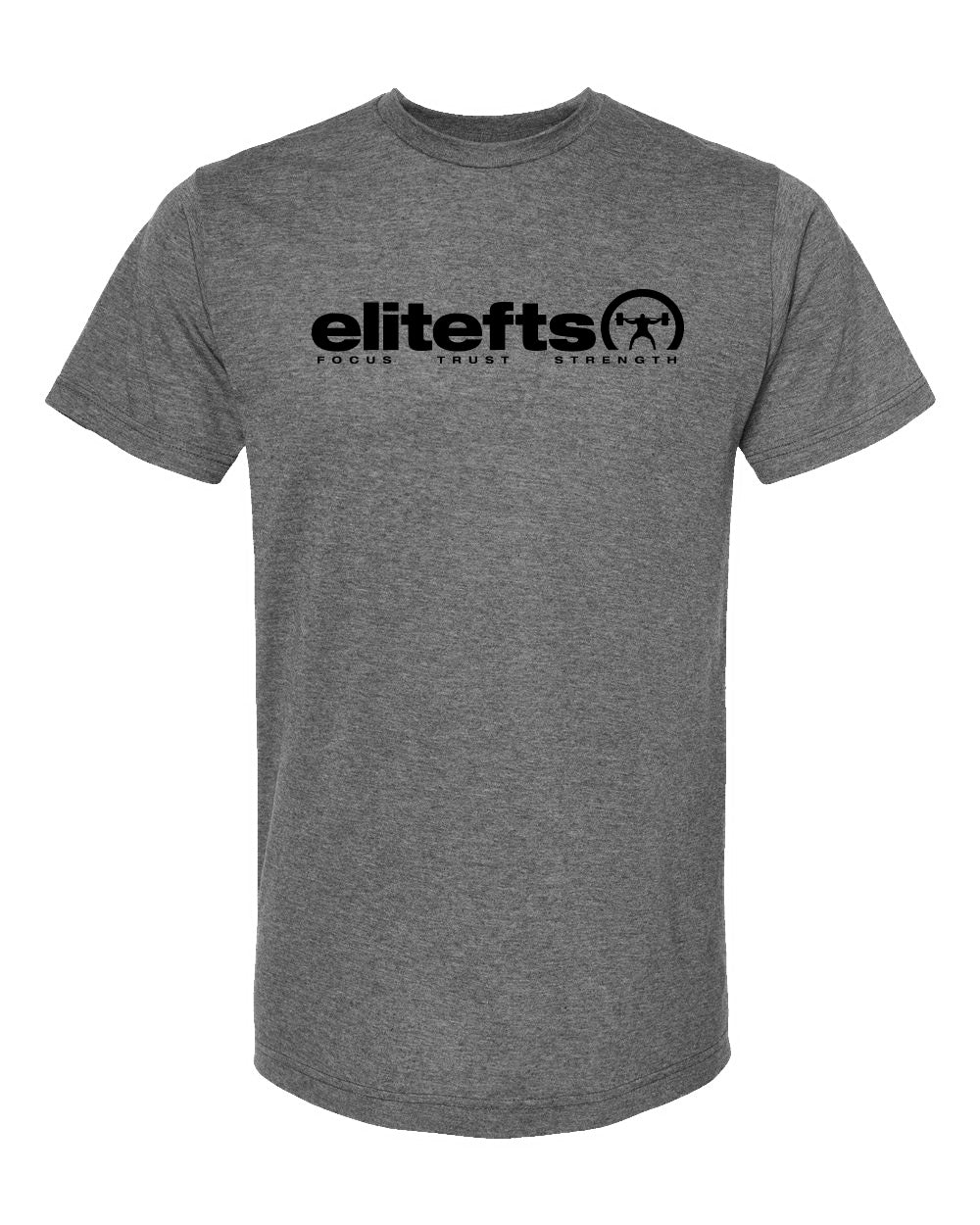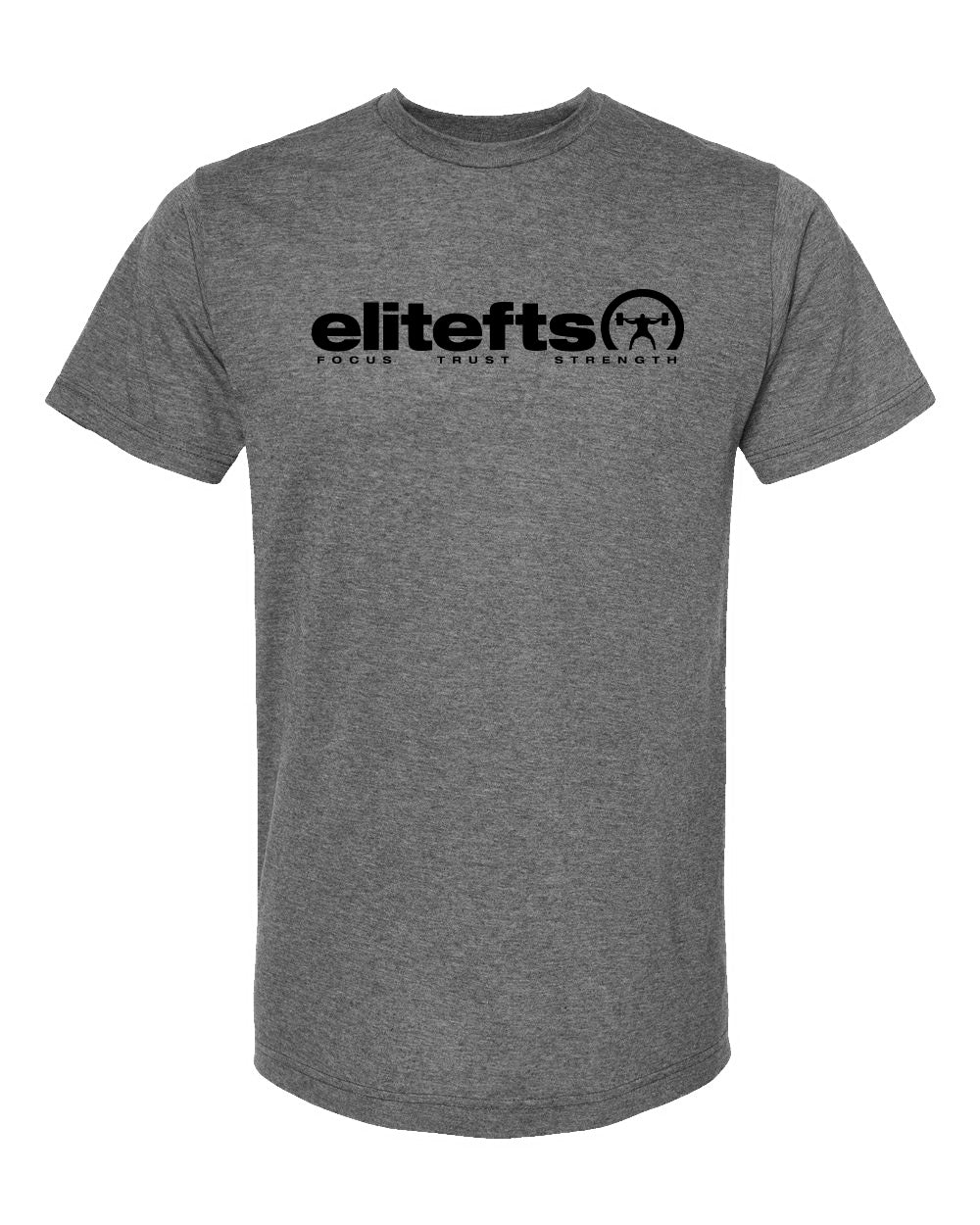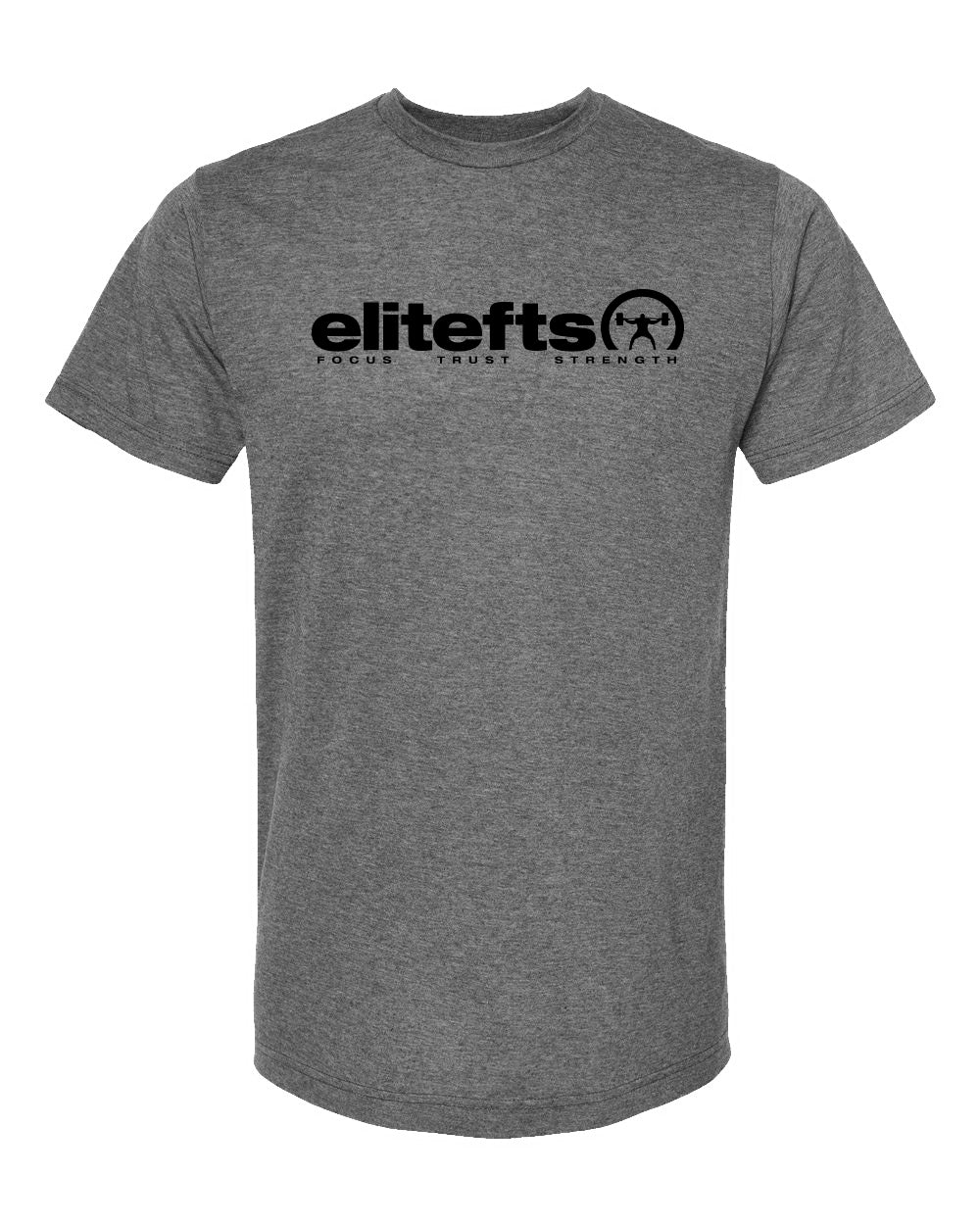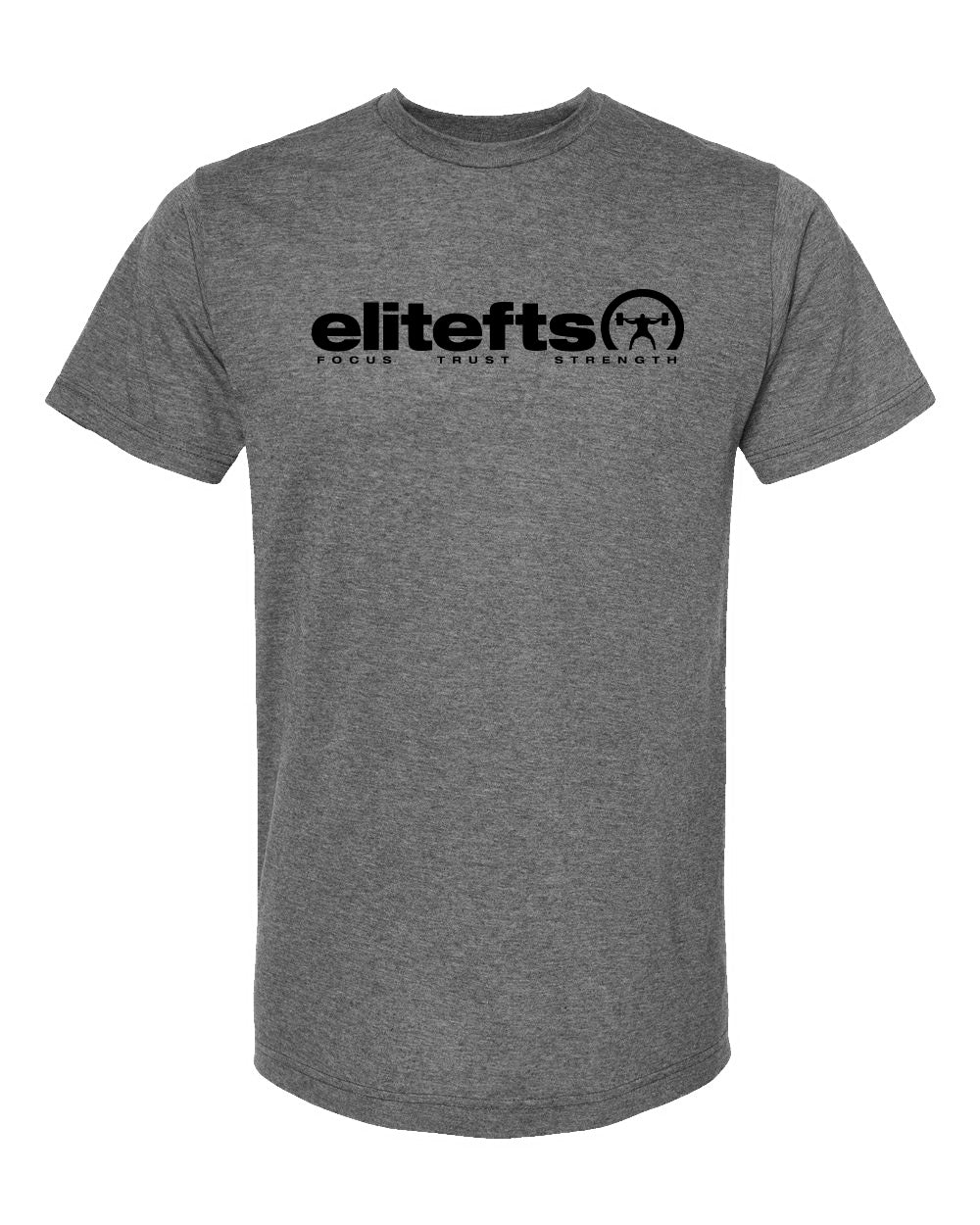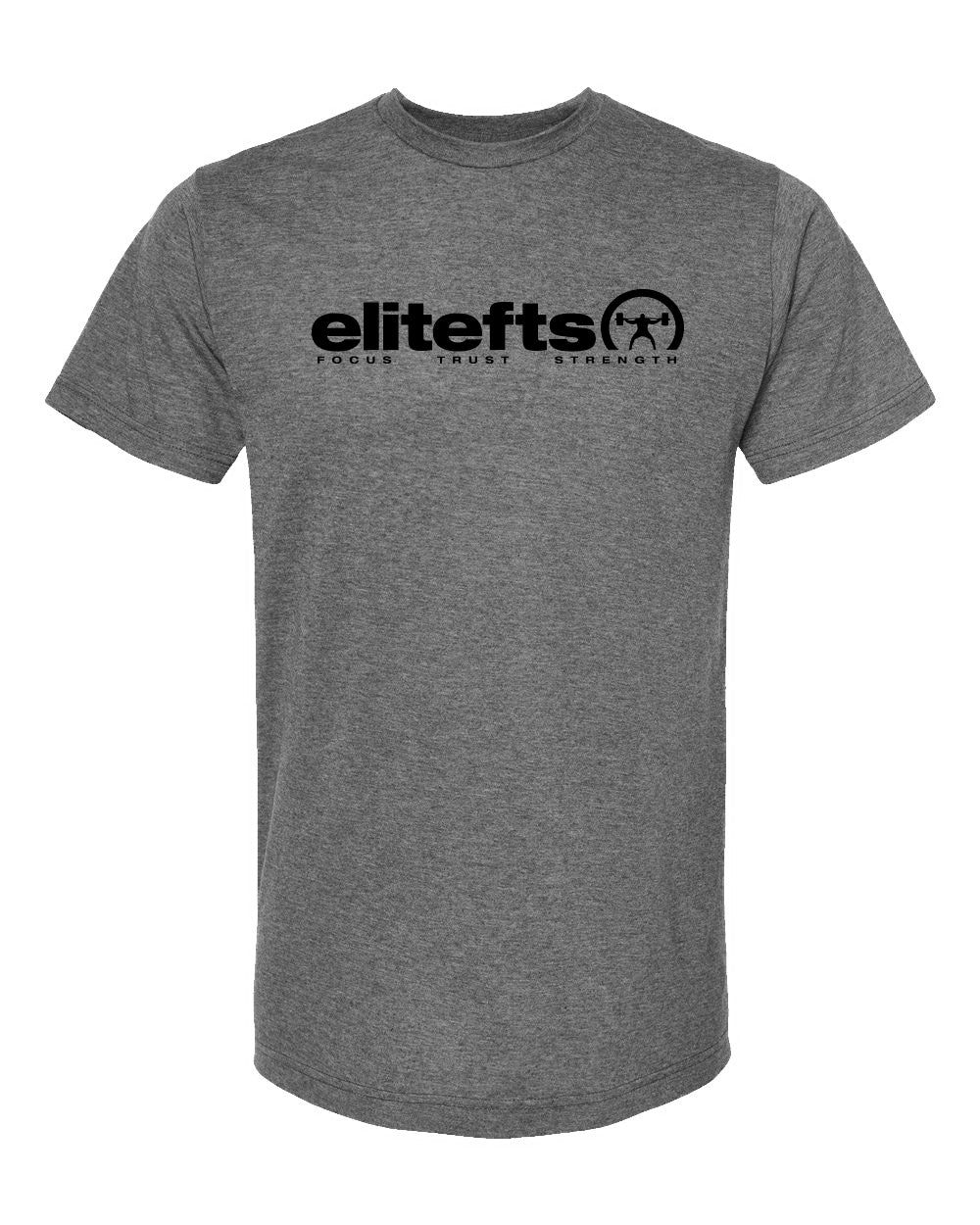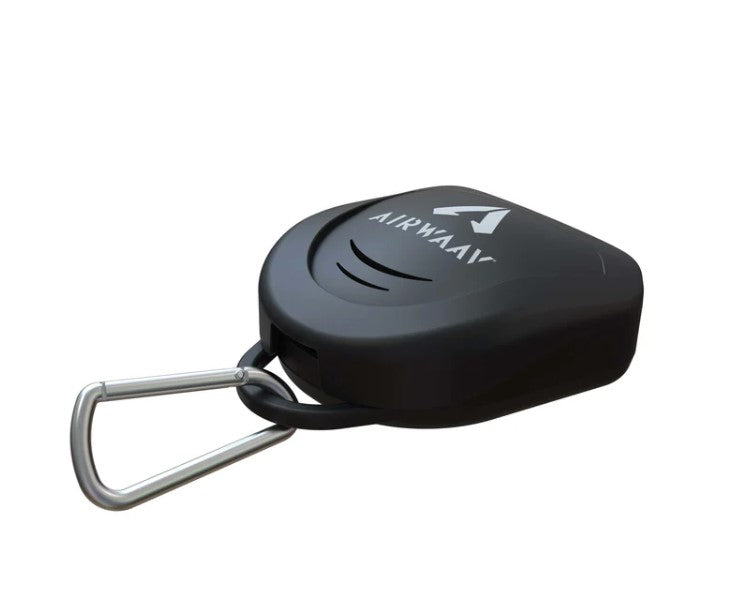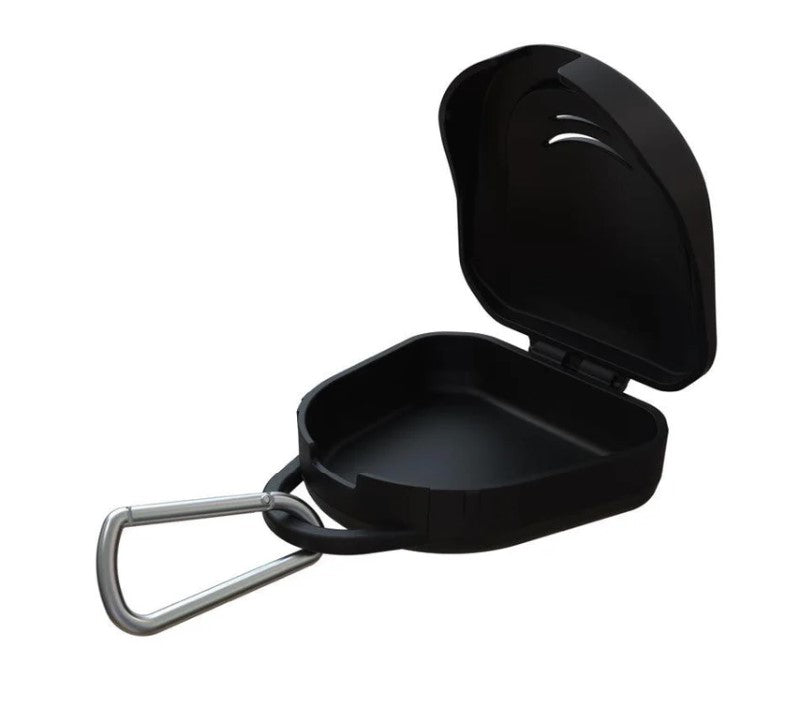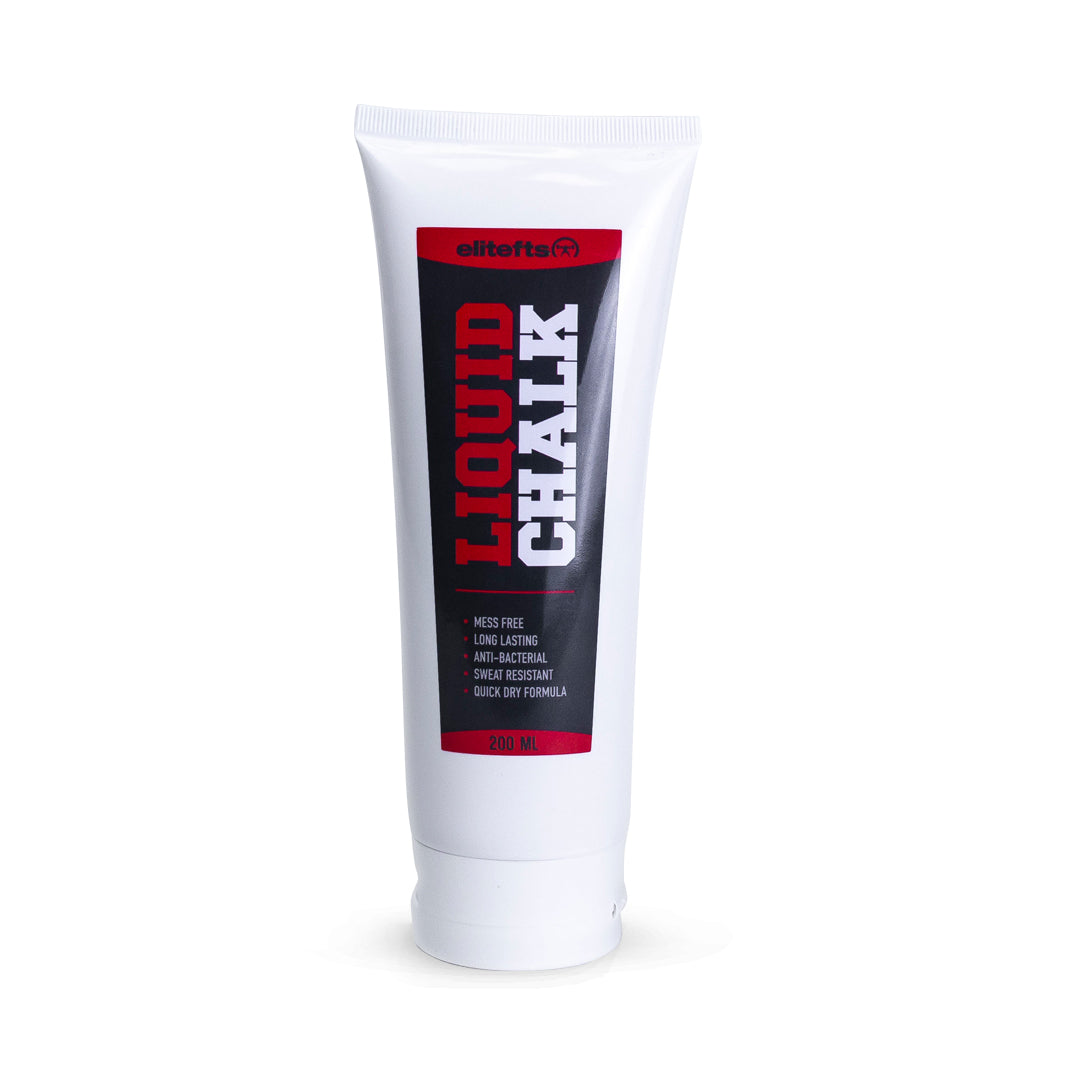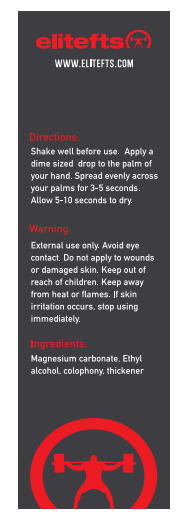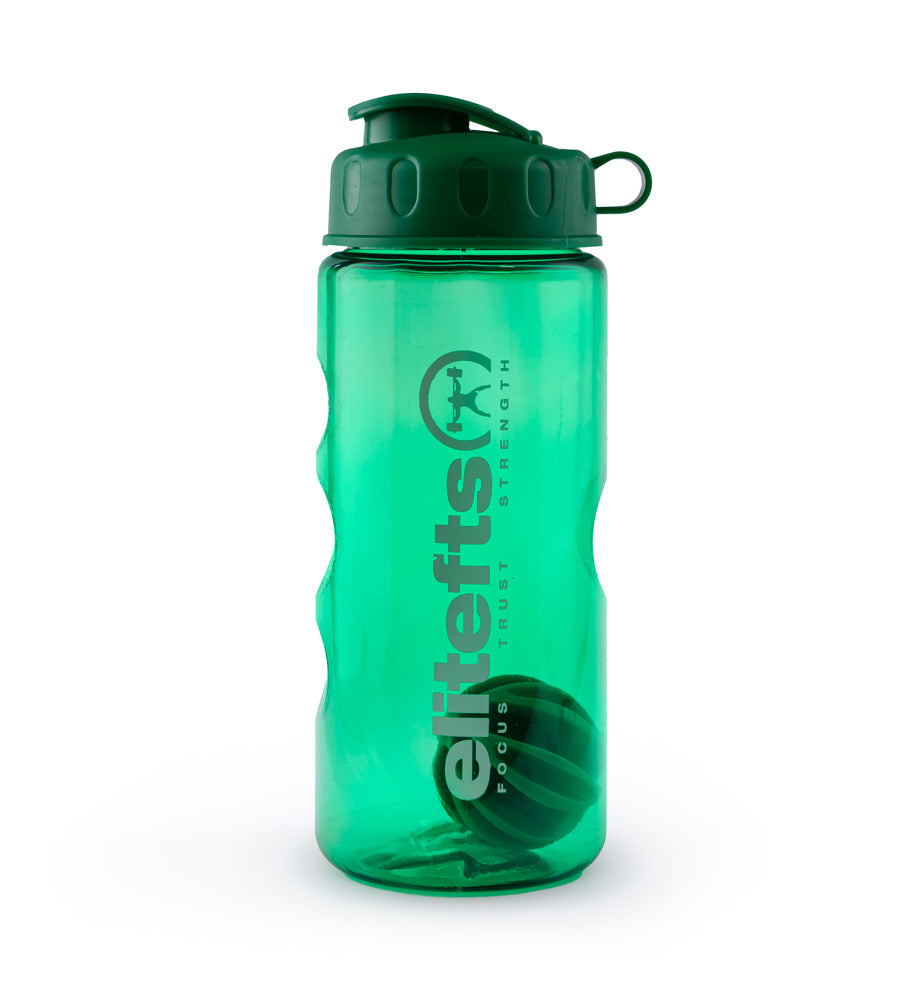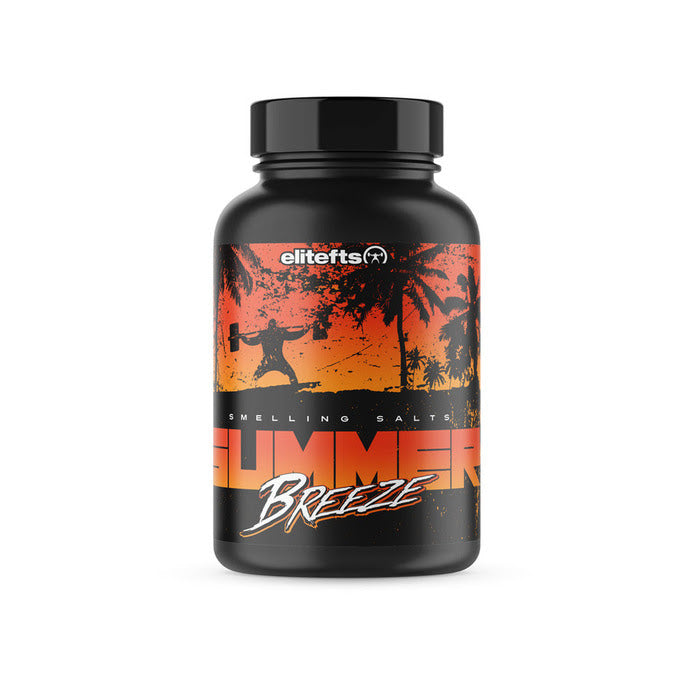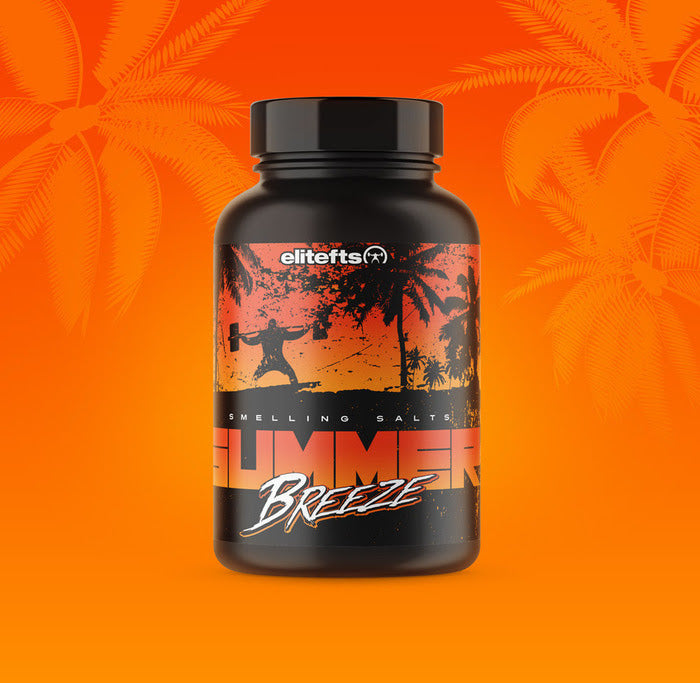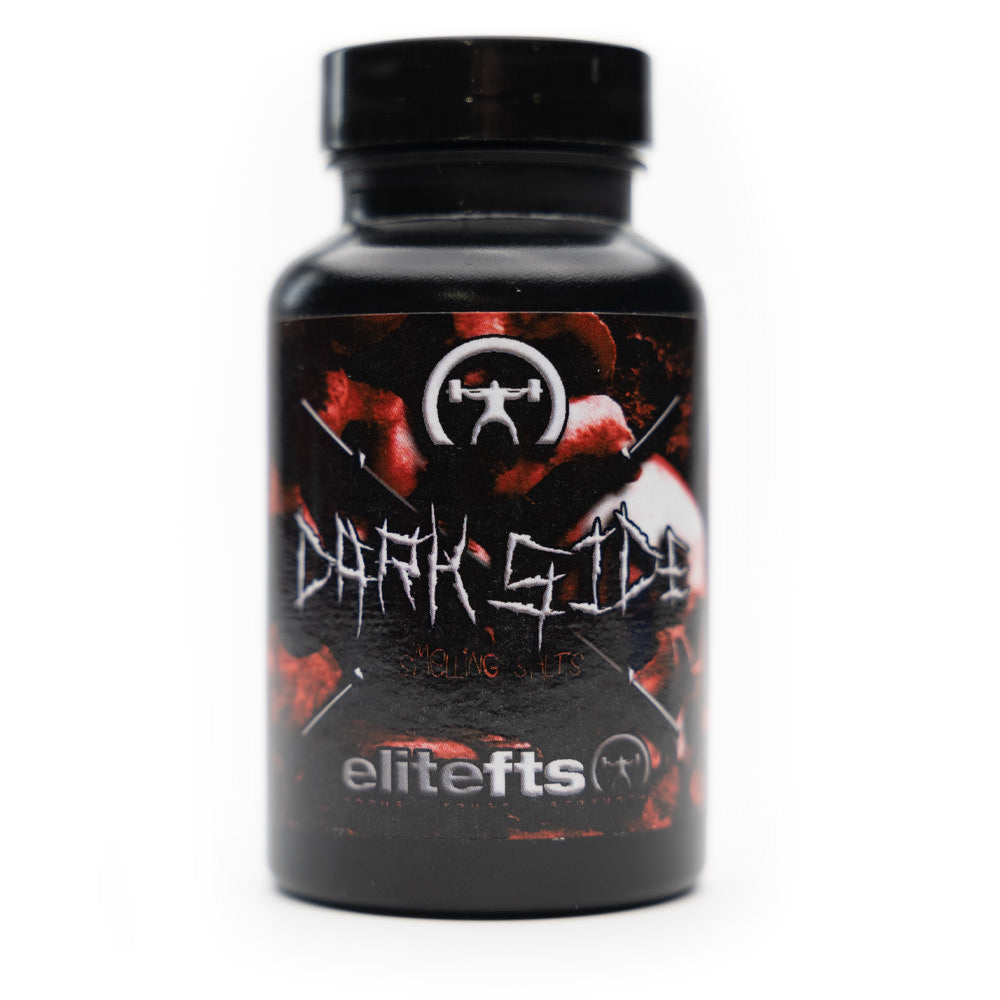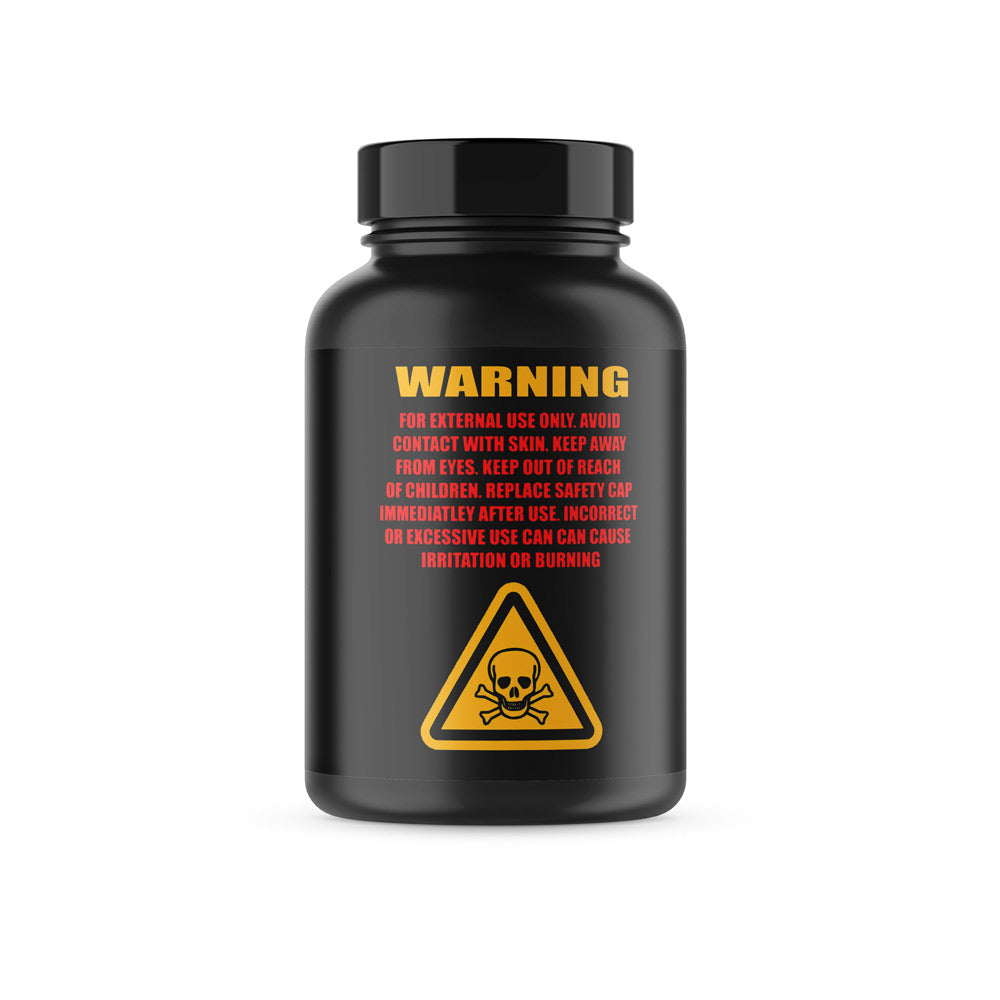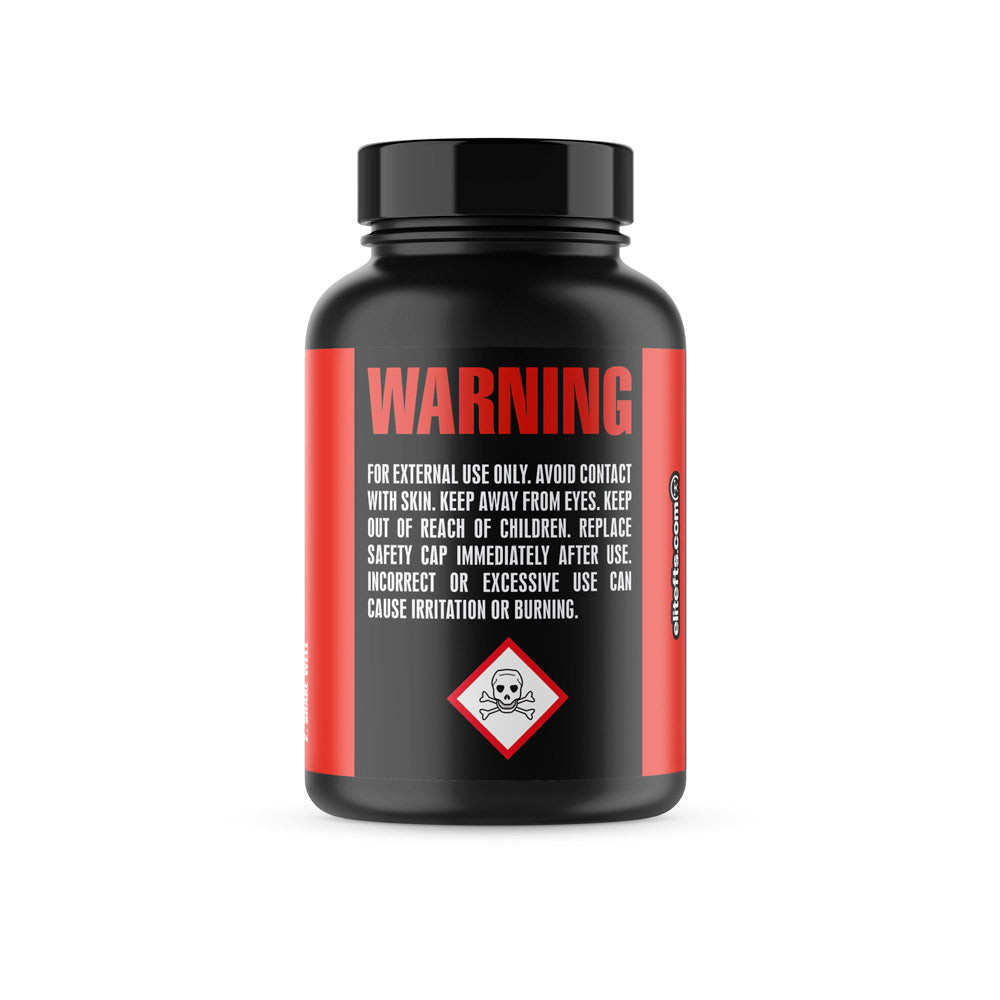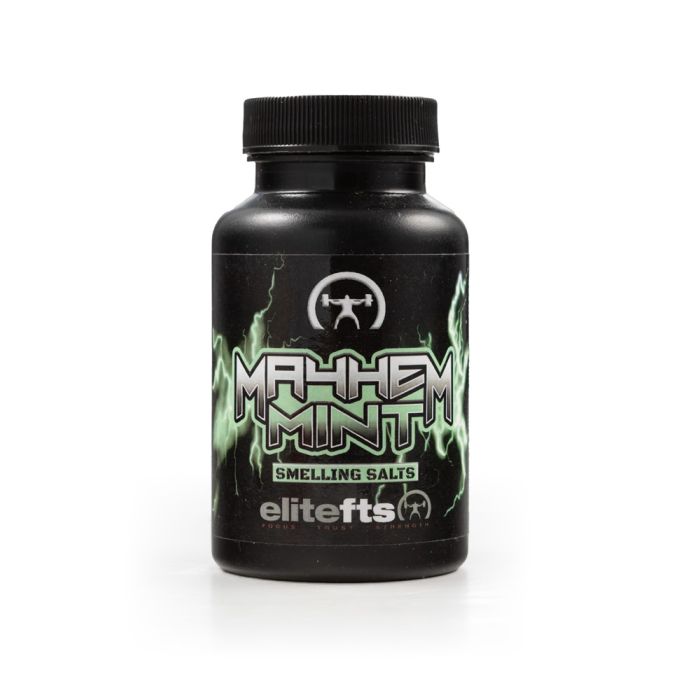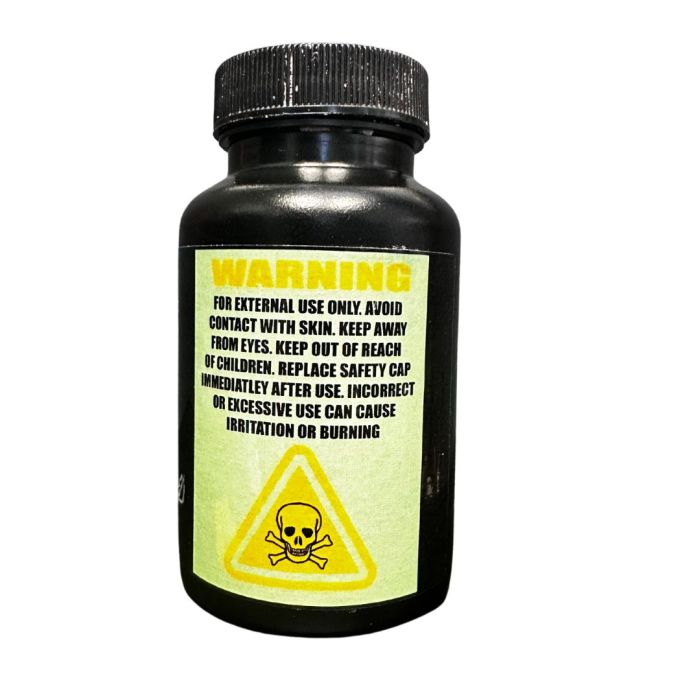How are you going to achieve your goals?
I am all about setting up a great offensive plan to reach my training goals, but I want to win the game. The more bases I cover, the better my odds are of being successful. Therefore, I need to spend some time thinking about offense and defense.
Will you focus entirely on what you must do to achieve the training goal?
Are you focusing on the offensive with little thought to the defensive?
Choose the Goal
I have never had a hard time picking my goals. That part is easy, but I think I approach it differently than most. I like to pick a big goal and work backward.
Be Realistic
Then I realize not everything will be perfect. I will have some injuries or nagging stuff to deal with. Life will throw some wrenches at me.
If you can dodge a wrench, you can dodge a ball!
The goal is something I can achieve, but it will take dedication, hard work, intelligence, and knowledge.
Set Smaller Goals
Next, I set smaller goals that I will need to achieve to get to that realistic goal. These are the critical goals. These short-term successes lead me on the path to the grand goal.
The Real Work Begins
The real work begins in a two-step process.
The first part is where I see most lifters place all their focus. It's deciding how to achieve their goal via programming.
Many lifters forget to think about mobility, recovery, flexibility, and nutrition, but these are all part of the offensive plan. To give ourselves the best chance for success and to reap the rewards of our hard work, we must have an all-inclusive solid plan.
The second part of this two-step process is the defensive side of the plan.
RECENT: 4 (Big) Training Mistakes You're Making
What speed bumps or roadblocks will appear physically and mentally?
How will we get over them?
In my 35 years of lifting, I am still waiting for everything to go perfectly. But life just doesn't work this way. When a lifter tells me their meet prep and performance went perfectly, my first question is if they sold themselves short.
Simple, unchallenging goals are easy to obtain, while the more intense goals come with greater roadblocks. Of course, we can't foresee everything, so we must plan for detours. The idea is to try to control as many variables as possible or at least be prepared for them.
When I plan my defense, I try to recognize anything that could slow or stop my gains like sickness, injuries, time constraints, work, family issues, overtraining, etc.
Sickness and Injury
Getting sick or injured is one of the most significant issues that can risk or eliminate the goal. Consider nutrition to help strengthen the immune system.
Are we getting enough fruits and veggies?
Are we supplementing the vitamins we need?
Getting enough sleep to drive a healthy immune system?
I know I always factored in immune-boosting supplements, especially when traveling.
To minimize injury, incorporate a proper warm-up and keep track of recovery, GPP sessions, nutrition, stretching, mobility, and flexibility.
If you get injured, assess the magnitude of it. Try to control your response because high-stress levels will not help the situation. Again, if you plan for injury, you won't be shocked, and you'll be able to change course without crippling stress.
For some small meets, I knew if the injury was terrible, the meet was not worth risking. So the decision was simple. For some big meets, I was not dropping out unless it was physically impossible for me to compete.
Recap
Remember, training is 24/7. Choose to be proactive and have a plan. Give yourself room to adapt to life and the inconsistencies of human physiology.
As I have mentioned, I never once had a perfect meet prep or process leading to a goal. There have always been some issues. In fact, my best meets have been with some of the worse injuries. I honestly think it helped me focus with more intensity and gave me a clearer vision of my goal. When shit pops off, roll back to the plan.
- What do you need to do in the gym to achieve this goal?
- What do you need to do outside the gym to make it a success?
- What will you do if everything goes perfectly?
- What will you do when things go bad?
- What can you do to the best of your ability to prevent bad things?
- How will you mentally handle different situations? Will you adapt?
Put your strongest foot forward and plan for everything. Once you start doing this, it will become habitual.
Chad Aichs is a world-class and elite powerlifter in the SHW division. He began training seriously for powerlifting in 1999 in Sparks, Nevada, where he still currently trains at American Iron Gym. In the ten years since he started, Aichs has proven to be one of the strongest lifters in the world. His best lifts are an 1173 squat, 821 bench press, and a 755 pull. Aichs' best total is 2733, which makes him one of the top lifters of all time.








